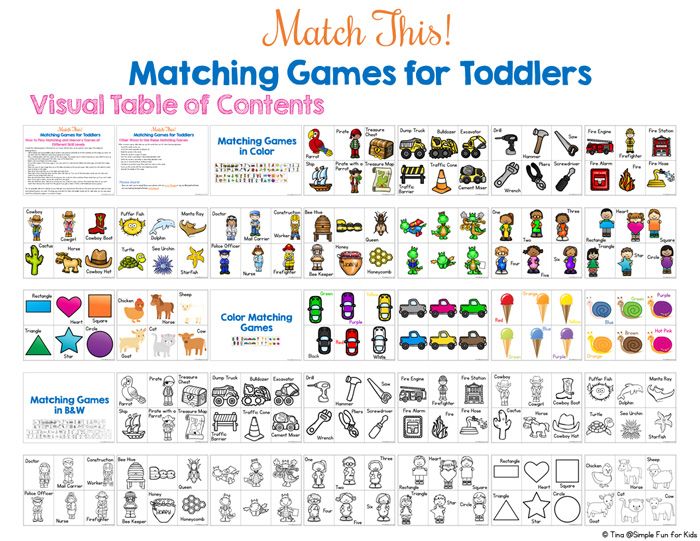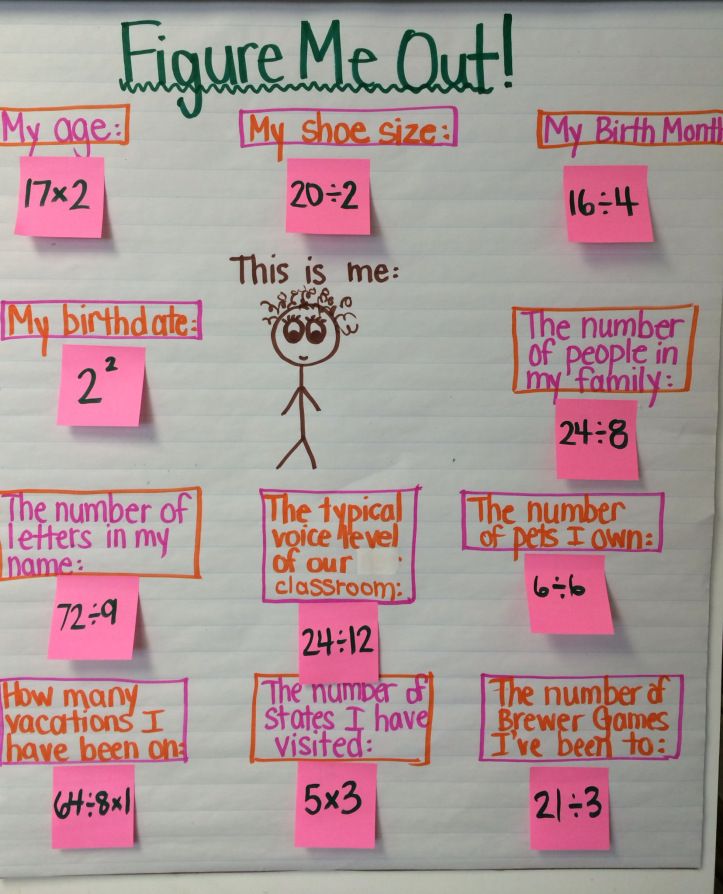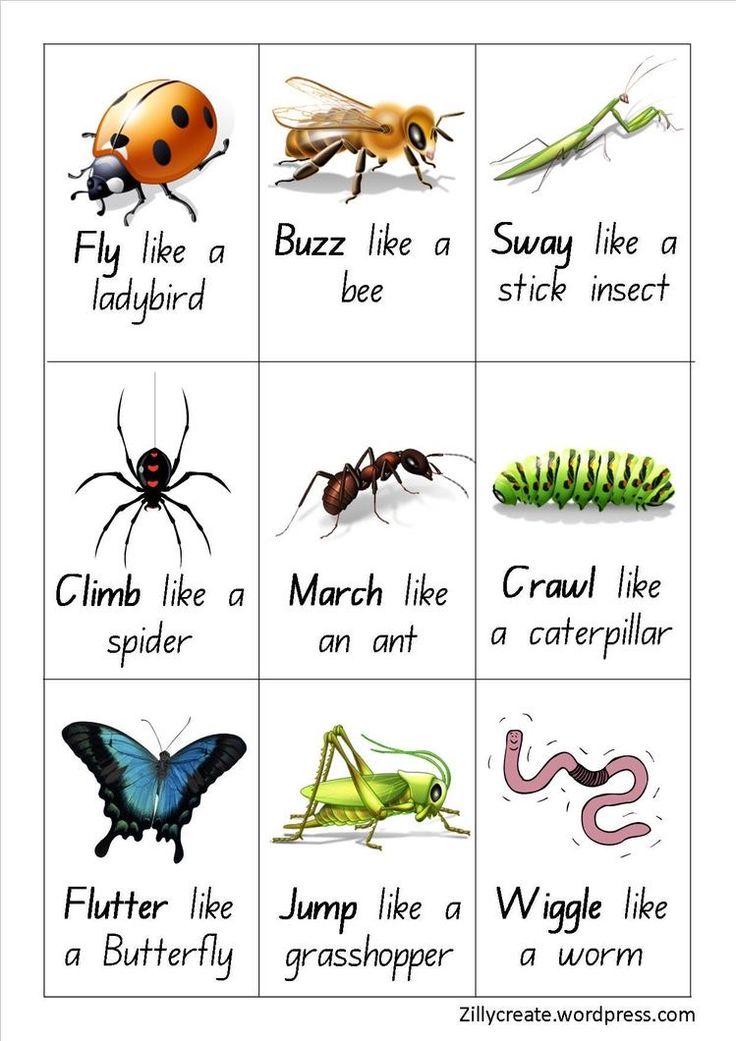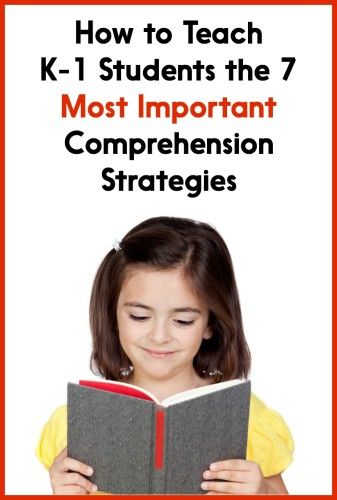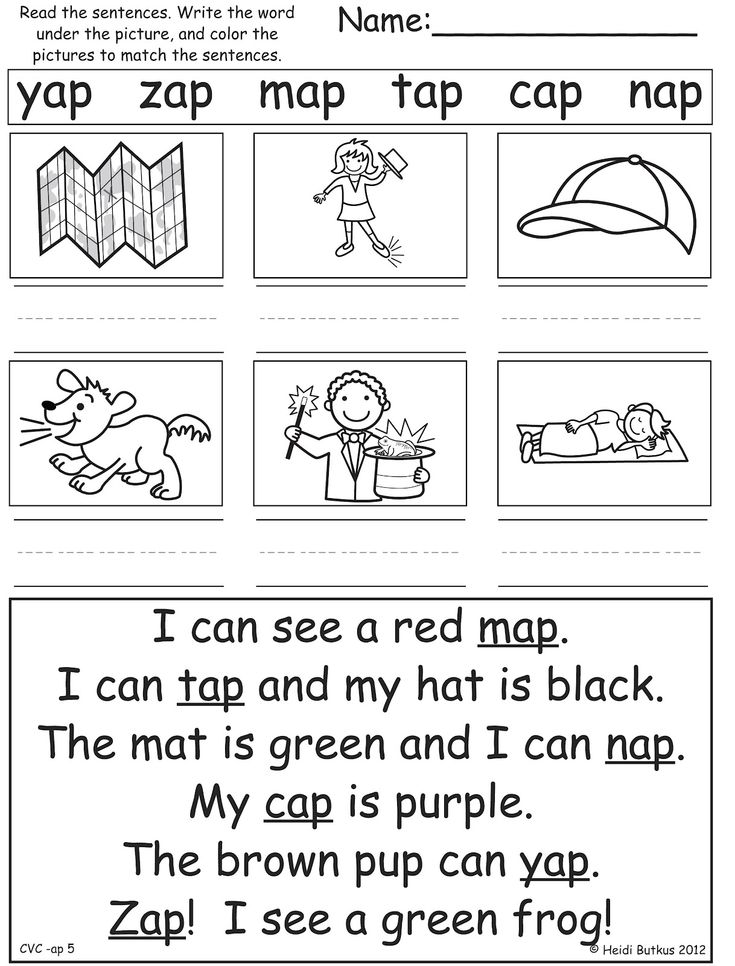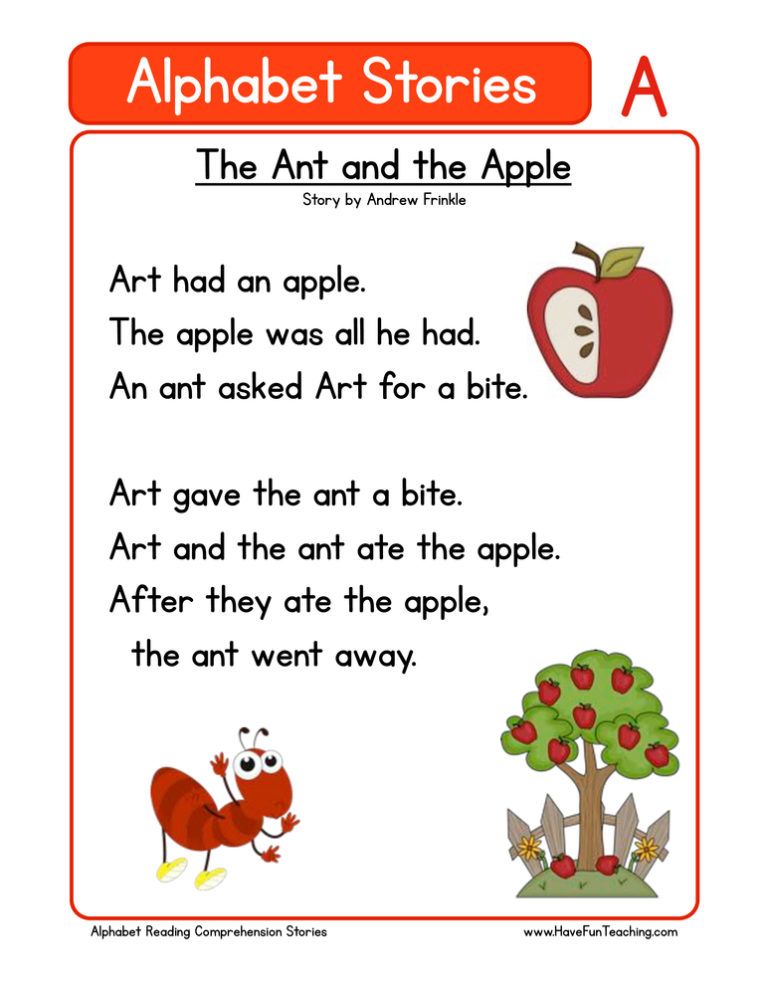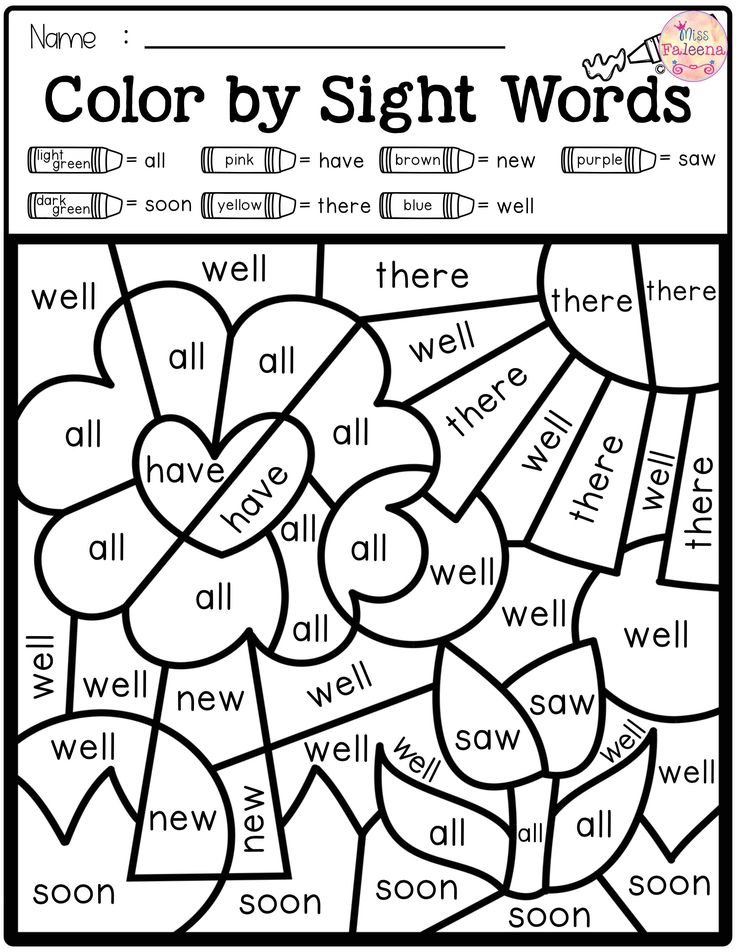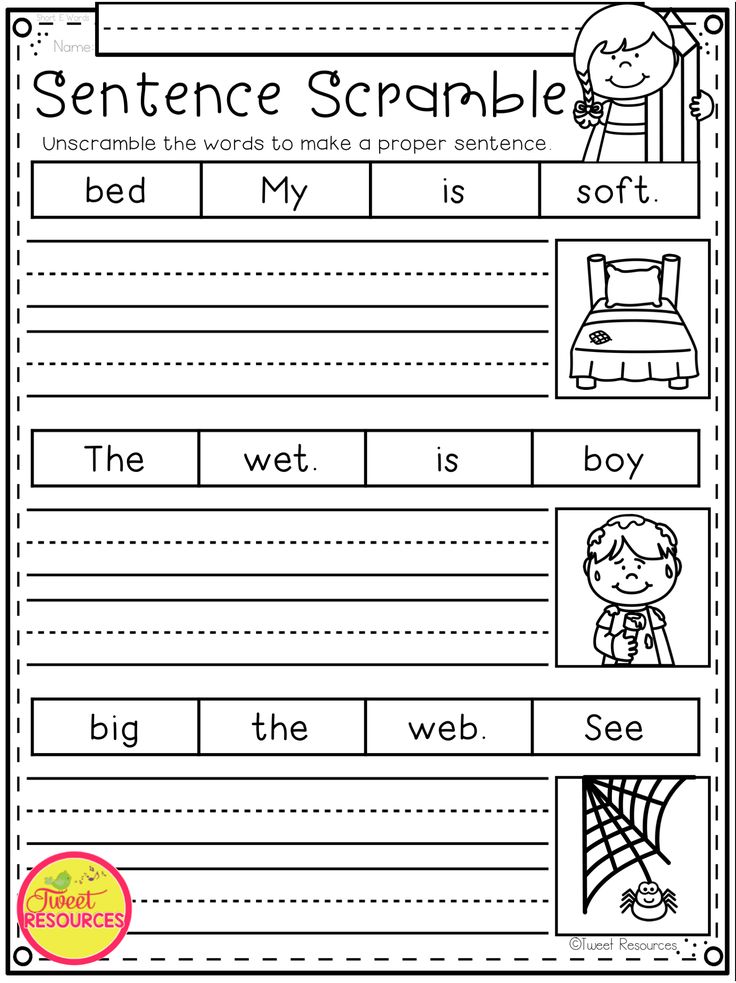Vocabulary spelling games
HangMouse - Online Hangman Game
About this Game
Free Activity
The standards correlation for this activity is coming soon!
The standards correlation for this activity is coming soon!
HangMouse is a traditional hangman game that provides students with the opportunity to name each term by filling in letters one at a time.
Try HangMouse
with a sample word list!
- 2nd-3rdScience Words - Earth
- 3rd-5thMath Words
- 3rd-5thHomophones
- 6th-8thScience words
Note: Although this activity is designed for the grade levels above, it can also be used as a remediation or enrichment activity at any grade level with an appropriate word list.
Create your own word lists and more with Premium Membership
Learn More
- Foundational Skills
- Spelling
What?Although many people are now dependent on spell check, spelling remains a foundational skill that needs to be explicitly taught and independently practiced. Hangmouse, our online hangman game, is a perfect tool for practicing spelling without relying on spell check. More...Less
Spelling helps with reading and language proficiency, as the connection between letters and sounds is explored and students begin to decode words. In addition, spelling is a necessary skill in writing as students become more proficient with encoding words. This skill does not stop when students move on from elementary school.
When? Spelling instruction is a key component of the English Language Arts block. More...Less
It is a foundational skill that should be explicitly taught and practiced. Students in the primary grades study spelling in word patterns and word families and find patterns or chunks that they know. Throughout upper elementary and middle school grades, students are exposed to more difficult spelling patterns. Assigning hangman for kids is a great way to teach students how to recognize and anticipate certain groups of letters that commonly appear together in spelling.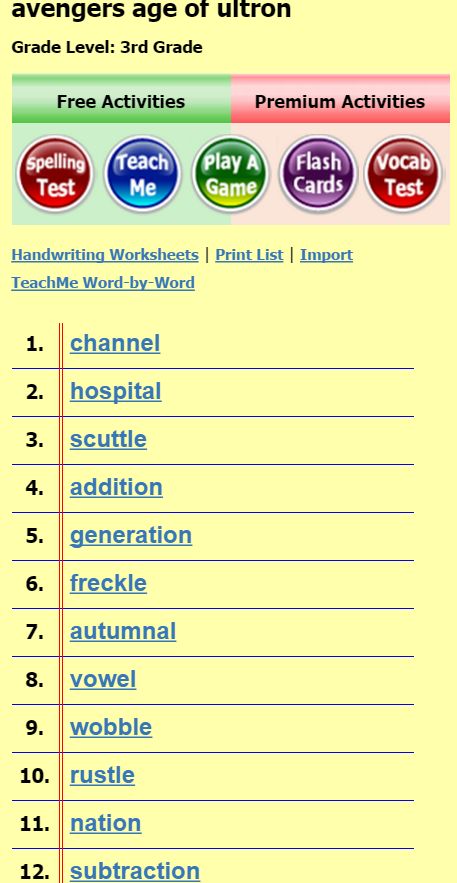
How to teach: Teachers tend to assign weekly spelling words and vocabulary terms to the whole class and assess at the end of the week. More...Less
HangMouse can be an alternative to the typical paper and pencil homework. The engaging, interactive game can also be used in the classroom during literacy centers. VocabularySpellingCity makes it very easy for teachers to differentiate the words that students need to learn to spell.
Play to learn: HangMouse is a variation on the traditional online Hangman game. More...Less
Students have the opportunity to name a letter to spell the spelling or vocabulary word. The game will display the word’s definition or a sentence with a blank on the bottom of the page and students will have seven attempts to guess the correct letters. Students receive immediate feedback when an incorrect letter is chosen, as the cat starts to wake up.
Teaching Tip:
HangMouse provides audio features perfect for English Language Learners (ELLs).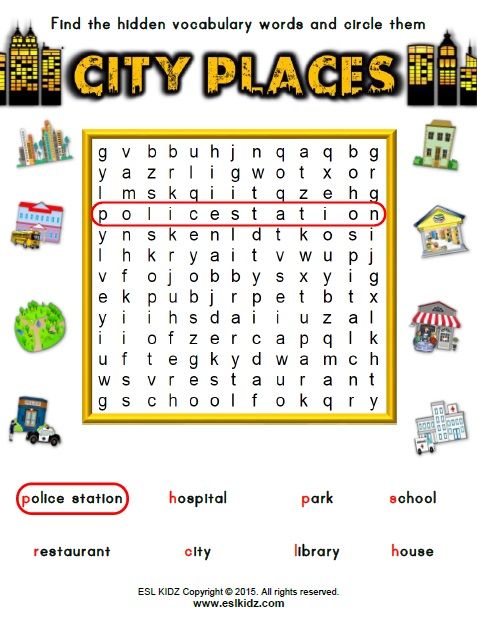 More...Less
More...Less
ELLs become familiar with the letters that make up the word, the sounds that those letters make, and the pronunciation of the word while playing. HangMouse also lends itself to all subject areas. Science, social studies, or math teachers alike can use this interactive game to review key concepts, as the kids hangman game displays the words’ definitions and shows how they are used in context.
See all activities!
Spelling TestMe
About this Game
Free Activity
The standards correlation for this activity is coming soon!
Spelling TestMe provides students with the opportunity to take a traditional spelling test independently and receive immediate feedback.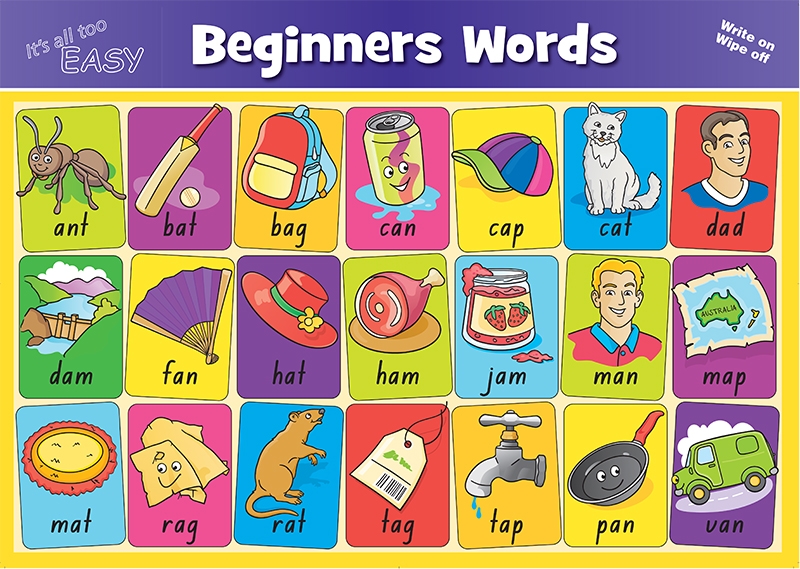
Try Spelling TestMe
with a sample word list!
- K-2ndSight Words
- 3rd-5thPossessive Nouns
- 6th-8thGeography
- 9th-12thScience: Chemistry
Create your own word lists and more with Premium Membership
Learn More
- Foundational Skills
- Phonics
- Fluency
What? Spelling is a foundational skill that is necessary for reading and writing proficiency. More...Less
Spelling instruction begins with phonics and phonemic awareness, two major components in reading instruction. Through spelling, students draw on their knowledge of letter and sound relationships and they can begin to decode and encode words.
When? In kindergarten, students begin to explore letter-sound correspondence and the written English language through inventive spelling.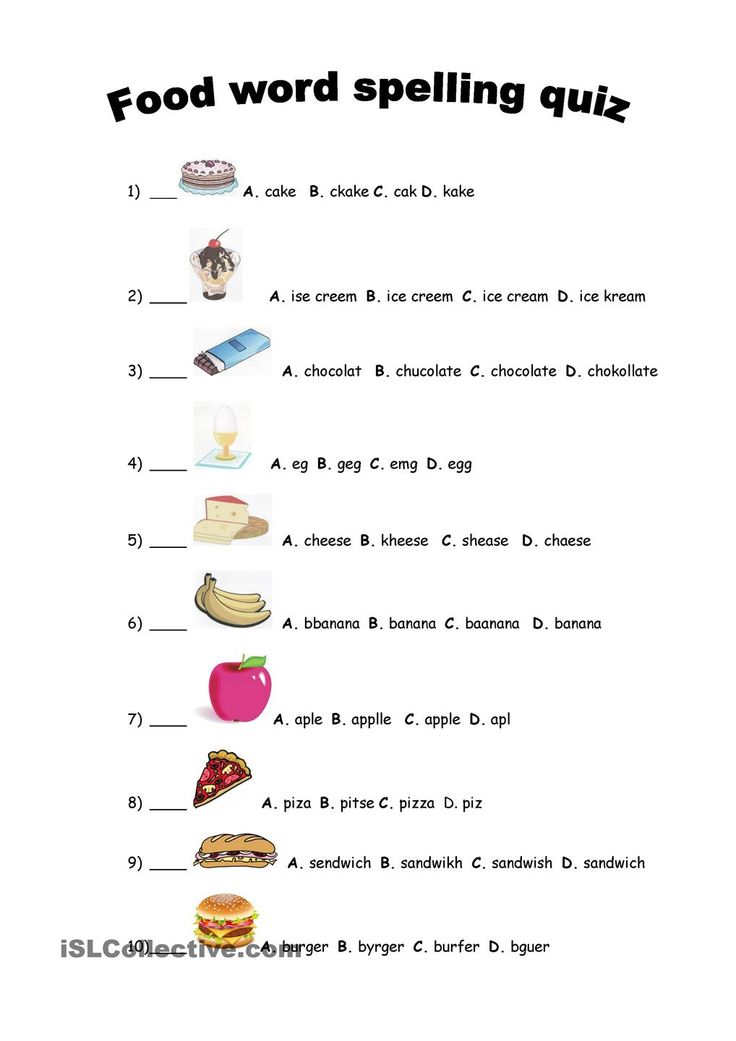 More...Less
More...Less
Throughout the primary grades, students become familiar with basic spelling patterns, like the CVC (consonant-vowel-consonant) pattern. As students progress into upper elementary grades and middle school, they are exposed to more complex patterns, such as root words and affixes.
How to teach: Spelling TestMe can be used as a pretest to identify which words students need to practice, as a practice test before a graded test, or as a formative assessment.
Play to learn: Spelling TestMe provides students the opportunity to practice, review and assess their spelling. More...Less
Each word is read aloud and presented in context. Students have the opportunity to listen again by clicking on the “Word” and “Sentence” buttons. Before the final submission, students have the option of reviewing their words. When words are submitted, the test is immediately graded. Students receive immediate feedback on words spelled correctly and incorrectly.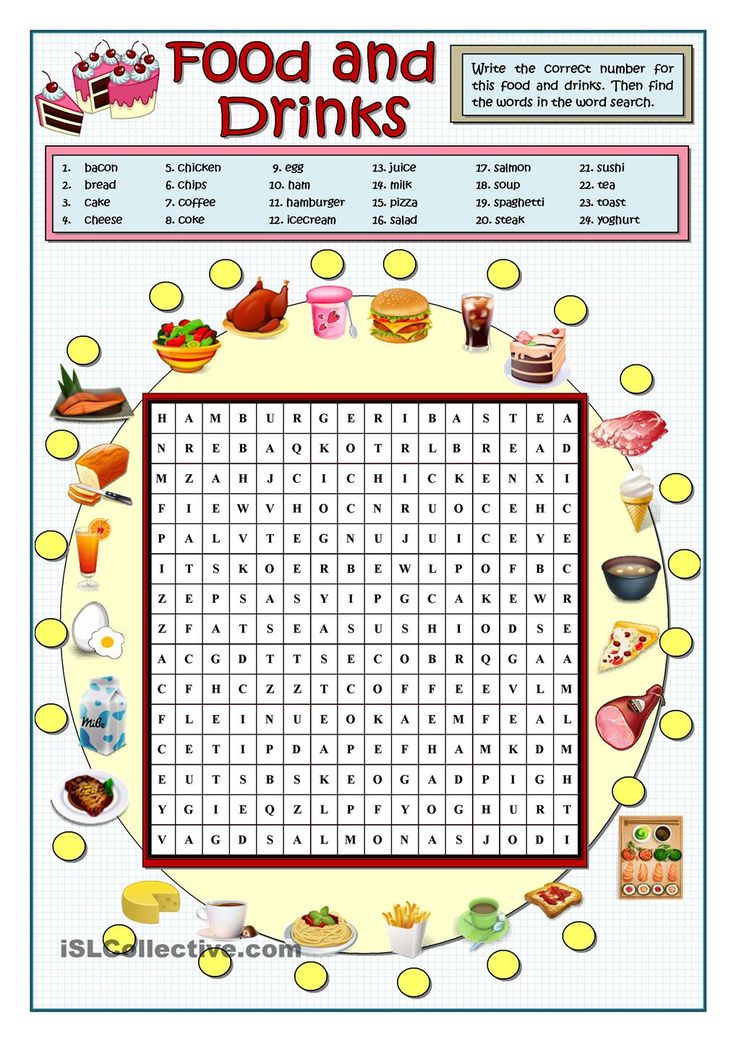 Students have the opportunity to further practice their misspelled words.
Students have the opportunity to further practice their misspelled words.
Teaching Tip: Spelling TestMe allows for differentiated spelling instruction. Teachers can assign different spelling words for students and assess them at the end of the week using Spelling TestMe. It automates the assessment process, generating and grading tests.
1. Take Test
2. Review Words
3. See Results Including Errors
4. Practice Challenging Words Until Proficient
See all activities!
Didactic games and game techniques in the Russian language lessons when studying the topic: "Spelling of vowels after hissing" | Methodical development on the Russian language (grade 3) on the topic:
Methodical development on the topic:
“Didactic games and game techniques in the Russian language lessons when studying the topic: Swing spelling after hissing”
Content
1.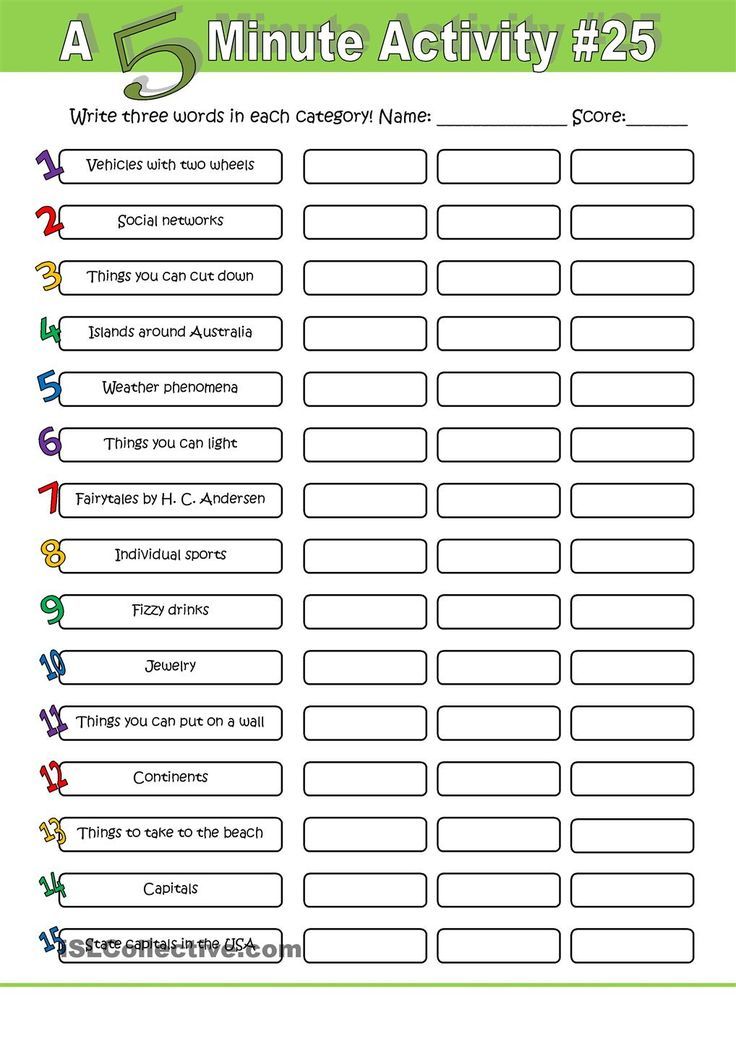 Introduction .
Introduction .
2. Theoretical part.
"The role of didactic games in the correctional learning process."
3. Practical part.
- Didactic games and game techniques.
- Lesson for checking z.u.n. on the topic: ""Spelling of vowels after hissing".
- Lesson presentations.
4. Conclusion.
The purpose of the methodological development:
to develop didactic games and game techniques for teaching students how to spell vowels after hissing.
- Introduction
How to make the Russian language lesson an interesting, entertaining and favorite subject for students of special schools?
One of the most effective means that can arouse interest in Russian language classes is a didactic game. The purpose of the game is to arouse interest in knowledge, science, books, teachings. At primary school age, the game, along with learning, occupies an important place in the development of the child.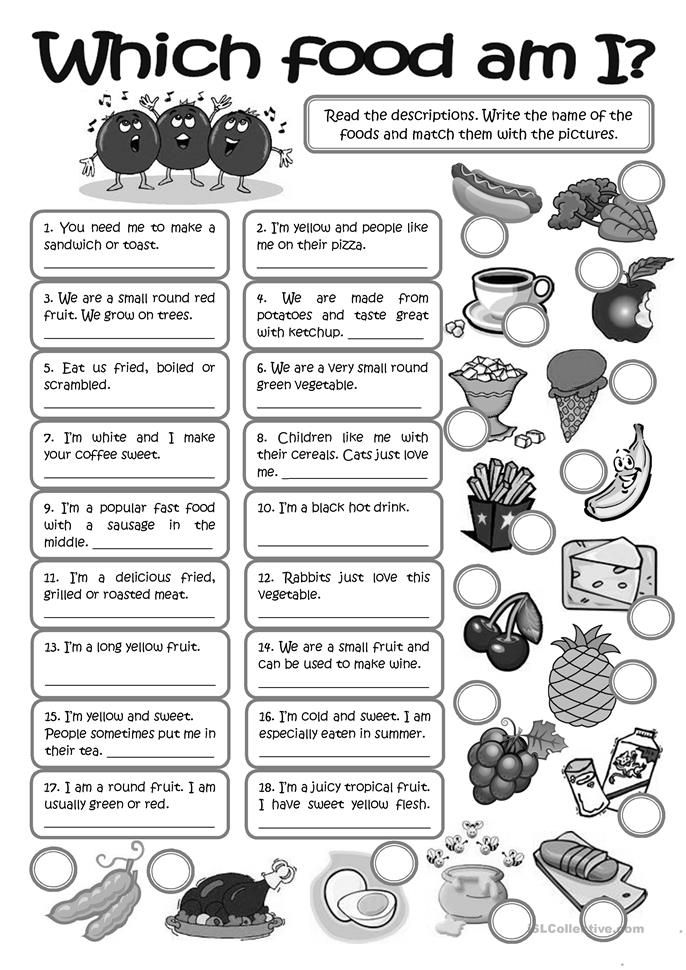 When children are included in the situation of a didactic game, interest in learning activity increases sharply, the material being studied becomes more accessible to them, and their working capacity increases significantly.
When children are included in the situation of a didactic game, interest in learning activity increases sharply, the material being studied becomes more accessible to them, and their working capacity increases significantly.
After all, the fact that the game is part of the learning process is not a secret for anyone. The game helps to form the phonemic perception of the word, enriches the child with new information, activates mental activity, attention, and most importantly - stimulates speech. As a result, children have an interest in the Russian language. Not to mention the fact that didactic games in the Russian language contribute to the formation of the spelling vigilance of a younger student.
Over the course of several years of work in primary school, I observed that Russian language classes do not always arouse interest among students. Some kids find it boring. The unwillingness to study Russian breeds illiteracy. I thought about how to arouse interest in classes, how to improve writing literacy.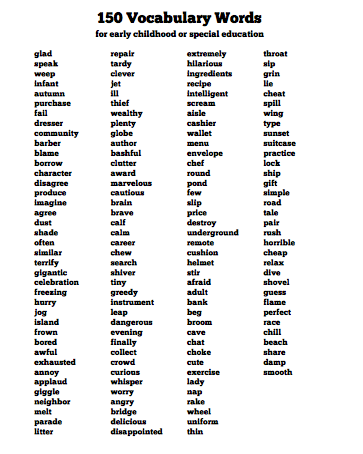 I re-read a sufficient amount of literature, analyzed my lessons and came to the conclusion that it is possible to arouse interest in the Russian language if you systematically accumulate and select fascinating material that can attract the attention of each student.
I re-read a sufficient amount of literature, analyzed my lessons and came to the conclusion that it is possible to arouse interest in the Russian language if you systematically accumulate and select fascinating material that can attract the attention of each student.
As we all know, children with intellectual disabilities have impaired phonemic perception. Therefore, errors are often encountered in the spelling of vowels after hissing. In this regard, I consider it relevant to use didactic games and techniques when studying the topic “Spelling of vowels after hissing”.
- Theoretical part
THE ROLE OF THE DIDACTIC GAME IN THE CORRECTIONAL EDUCATIONAL PROCESS.
The main form of influence on a child in special institutions is organized classes in which adults play the leading role. Mastering the program material depends on the correct choice of teaching methods. At the same time, each teacher should also understand the age characteristics of children, those developmental deviations that are characteristic of the mentally retarded.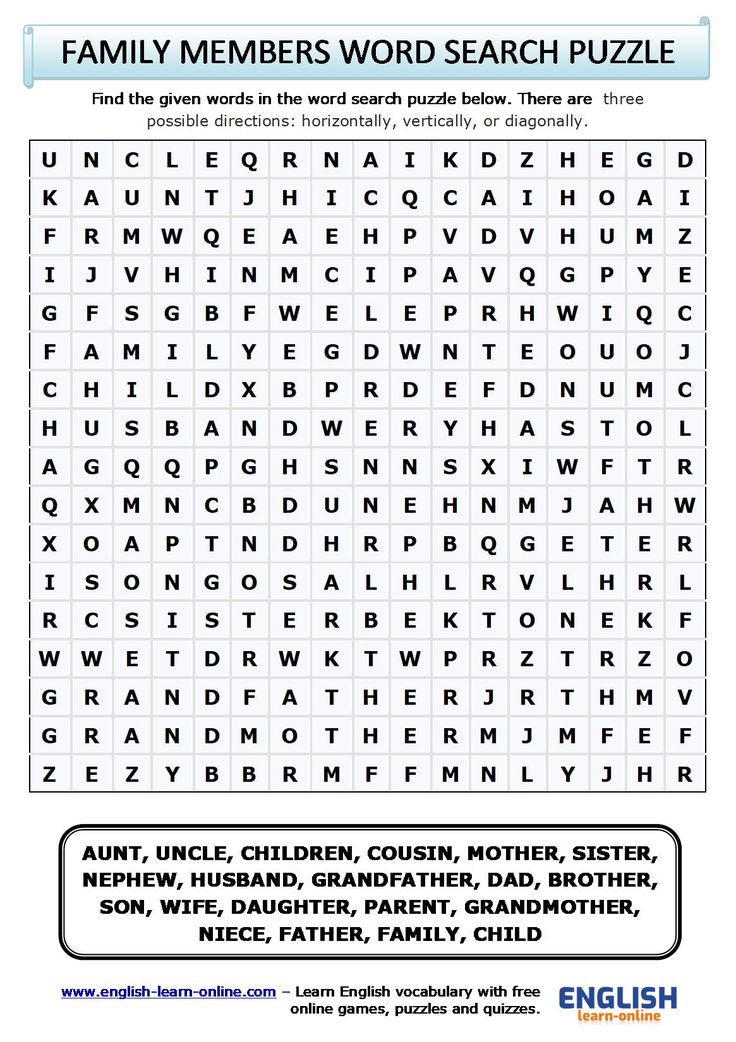 As a rule, mentally retarded children are inert, unemotional. Therefore, such methodological techniques are needed that could attract attention, interest every child. Mentally retarded children are passive and do not show a desire to actively act with objects and toys. Adults need to constantly create in children a positive emotional attitude towards the proposed activity. This purpose is served by didactic games.
As a rule, mentally retarded children are inert, unemotional. Therefore, such methodological techniques are needed that could attract attention, interest every child. Mentally retarded children are passive and do not show a desire to actively act with objects and toys. Adults need to constantly create in children a positive emotional attitude towards the proposed activity. This purpose is served by didactic games.
Didactic games are one of the forms of educational influence of an adult on a child. At the same time, the game is the main activity of children. Thus, a didactic game has two goals: one of them is educational, which is pursued by an adult, and the other is a game, for which a child acts. It is important that these two goals complement each other and ensure the assimilation of the program material. It is necessary to strive to ensure that the child, without mastering the program material, could not achieve the game goal. A didactic game is a learning tool, so it can be used in the assimilation of any program material and carried out in the classroom both by a teacher-defectologist (individual and group) and by a teacher, and also included in music classes, be one of the entertaining elements on a walk, can be a special kind of activity.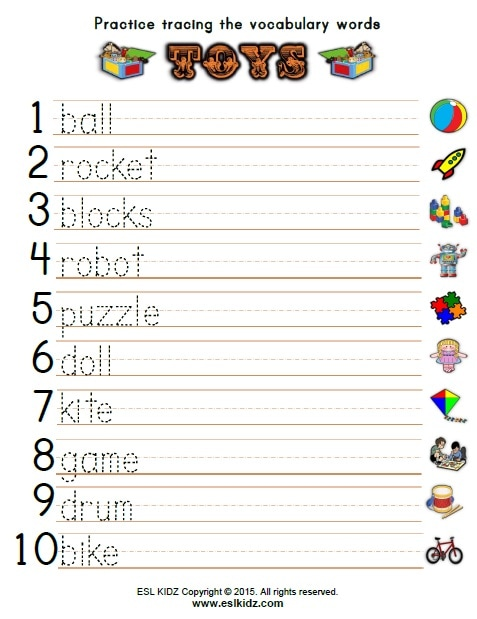
In a didactic game, conditions are created in which each child gets the opportunity to act independently in a certain situation or certain objects, acquiring his own effective and sensual experience. This is especially important for mentally retarded children, in whom the experience of actions with objects is significantly impoverished, not fixed and not generalized.
A mentally retarded child needs much more repetitions to master the methods of orientation in the environment, to isolate and fix the properties and relations of objects, to understand this or that action, than a normally developing child. The didactic game allows you to provide the required number of repetitions on different material while maintaining an emotionally positive attitude towards the task.
Thus, the special role of didactic play in the learning process of a special institution is determined by the fact that the game should make the learning process itself emotional, effective, allow the child to gain his own experience.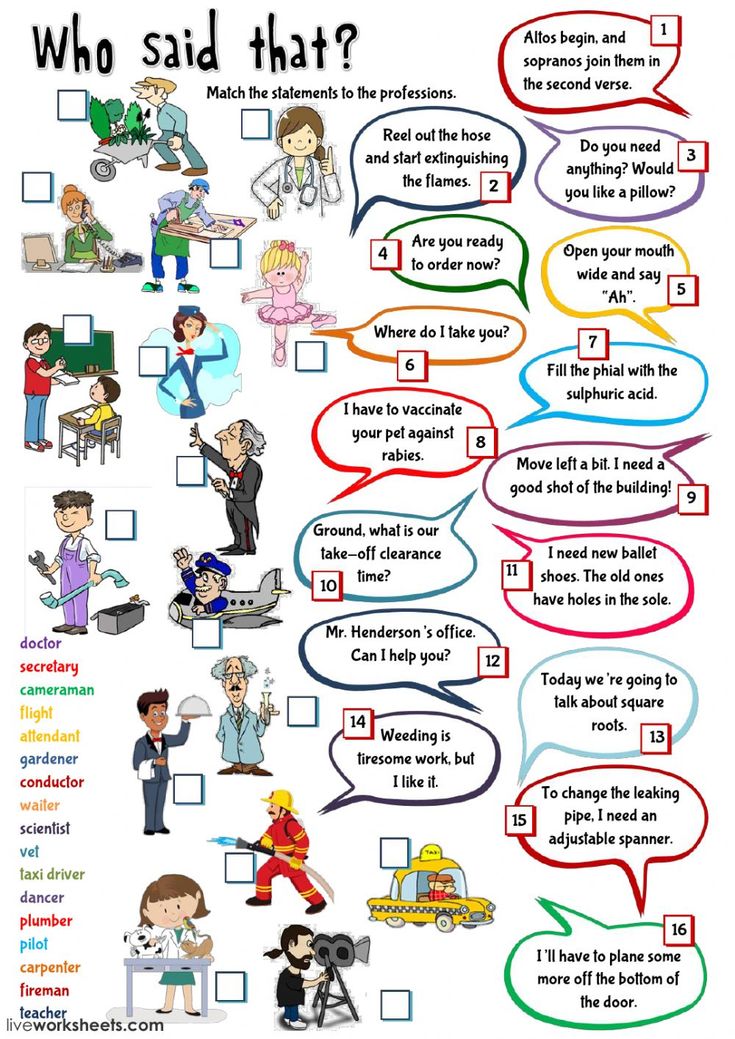
When selecting didactic games, I primarily pursued correctional goals and took into account the developmental features of mentally retarded children.
Upon admission to special institutions, mentally retarded children have difficulty in contact with adults, do not know how to communicate with peers, do not know how to assimilate social experience. If normally developing schoolchildren already perfectly act according to imitation, according to a model and according to emotional verbal instructions, then mentally retarded students must be taught this. Thanks to didactic games, it is possible to organize the activities of a mentally retarded child in such a way that it will contribute to the formation of his ability to solve not only accessible practical, but also not complex problematic tasks. And the experience gained at the same time will make it possible to understand and solve familiar problems in a visual, figurative and even verbal way. In games that contribute to the formation of thinking, two directions are distinguished: from perception to thinking and from visual - effective to visual - figurative and logical thinking.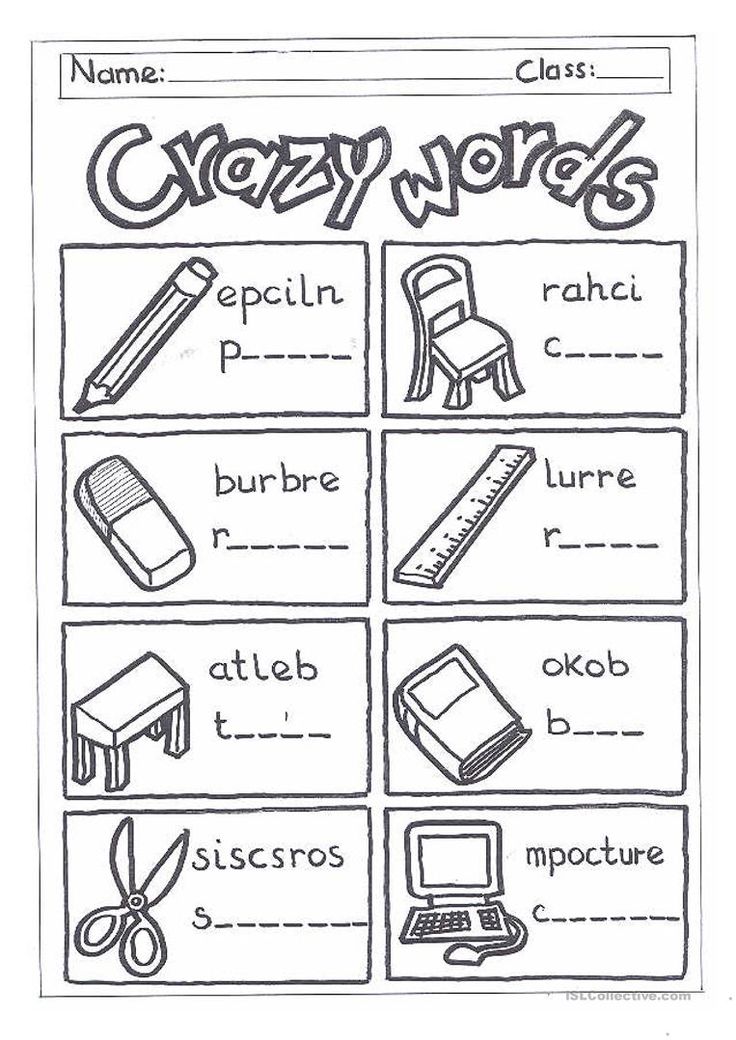
An important condition for the effective use of didactic games in teaching is compliance with the sequence in the selection of games. First of all, the following didactic principles should be taken into account: accessibility, repeatability, gradual completion of tasks. All these principles are provided for in the system of location of games.
3. The practical part
will give some didactic games and game techniques that I use in my lessons. She also developed a series of lessons and presentations on the topic "Spelling vowels after hissing".
"Choose three words" (It can be used to consolidate any topic in the Russian language)
Purpose: To follow the formation of spelling skills, taking into account the stage of work on spelling.
The choice of words depends on the topics being studied or covered.
The words are written on the cards:
- th set: stocking, thicket, scarecrow, streams, miracle.
- set: honeysuckle, animal, closet, cup, siskin.

Two people take cards in turn, the winner is the one who first has three words with the same spelling.
Game "Cyphers"
Purpose: automation of sounds, development of phonetic and phonemic perception, processes of analysis and synthesis, understanding of the meaningful function of sound and letters, enrichment of students' vocabulary, development of logical thinking.
Move: They play in pairs: one as a cryptographer, the other as a guesser.
The cryptographer conceives a word and encrypts it. Players can try their hand at deciphering phrases and sentences: zhyil ishmy izhrits y
He is me.
Purpose. Fixing the spelling of words with combinations of chu - shu. Equipment. Words written on the board in three columns.
Game progress. The class is divided into three groups, each is given a column of verbs. At the signal of the teacher, students from each group come out in order and write down one word with the meaning “I do” according to the given one, for example: knocking - I knock.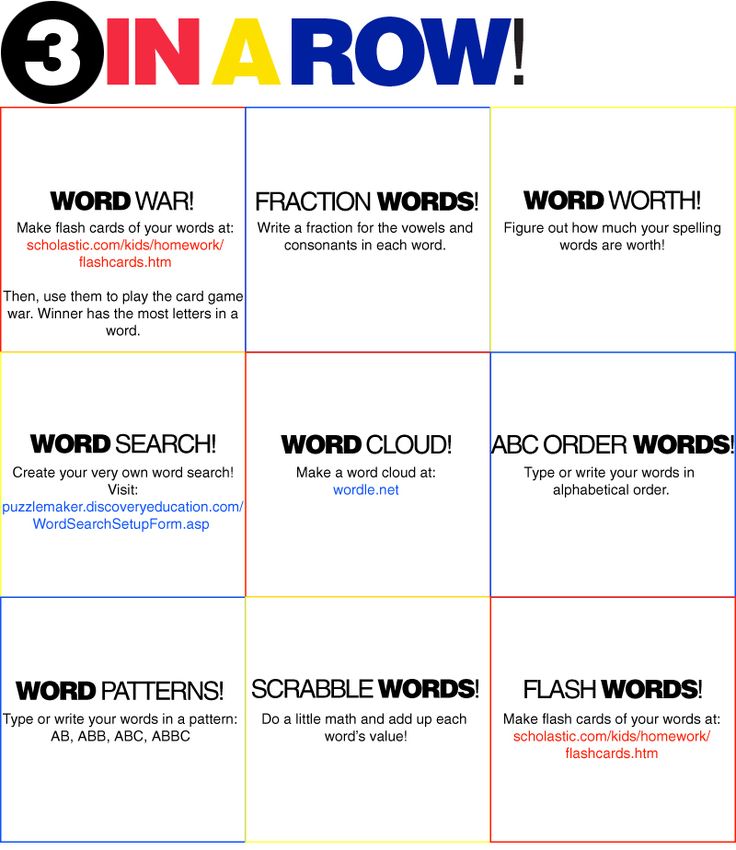 The first group to complete the task without making any mistakes wins.
The first group to complete the task without making any mistakes wins.
Sample material. Words: knocks, is silent, teaches, seeks, flies, drags, cleans, wants, cries jumps, spends, helps out, turns off, treats, meets, forgives, cracks, growls
Hissing.
Purpose. Activation of words with studied spellings and fixing their spelling (cha - shcha, zhi - shi, chu - shu).
Equipment. Each player has seven syllables zhi and a set of other syllables, which
in combination with this syllable form words: but, ly, u, chi, lu, li, reef.
Each player has eight shi syllables and a set of the next
syllables: gr, er, kry, we, ly, na, y, pit.
Each player has six syllables cha and syllables yes, ku, tu,
sy, shcha, shka.
Each player has four syllables shcha and a set of ro, pi, cha, vel.
Each player has seven syllables chu and four syllables shu, as well as the syllables dak, zhoi, gun, lok, lan, ka, kri, pla, ta, chi, pro.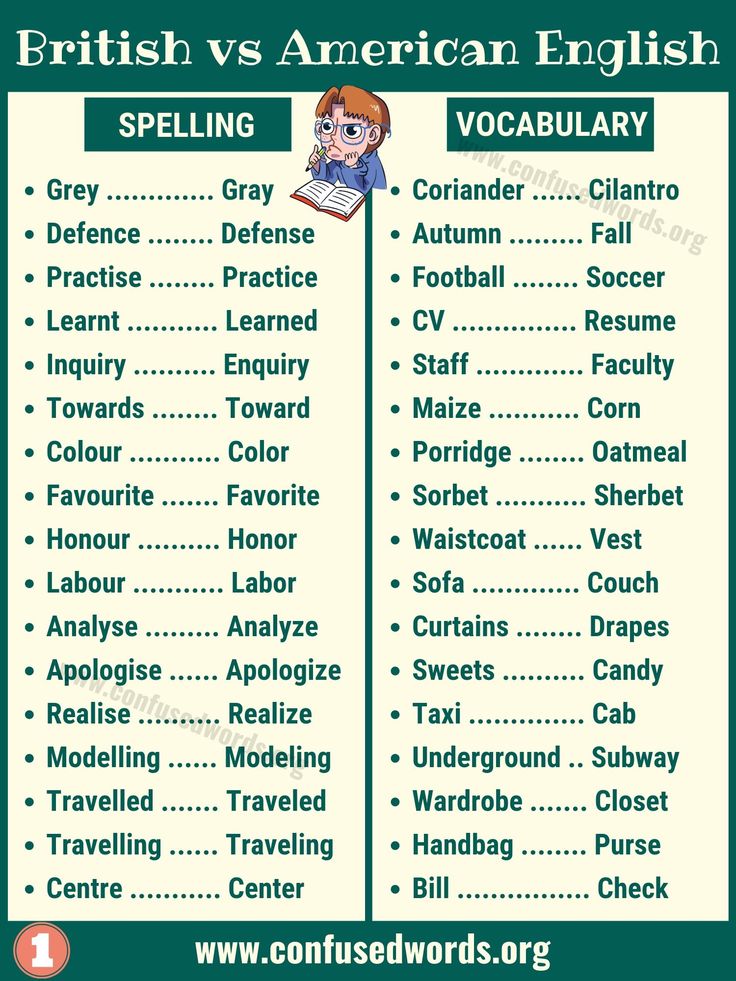
Game progress. Syllables with the studied spelling (one of the options) are laid out in a column. Then other syllables are attached to them on the left or on the right, so that a word is obtained. The winner is the one who first puts all the available syllables into words.
Guess the last word and write it down.
Purpose. Dictionary activation; fixing the spelling of words on the studied rule.
Game progress. See the game with the same name in the topic "Soft sign at the end and in the middle of a word" on p. 52.
For dinner
Our fast ... (car).
The stars began to spin,
began to go to the ground,
No, not stars, but fluffs,
I almost cry from annoyance -
,is not solved ... (task).
Not fluff, but ... (snowflakes).
Kids wanted
Sharpen ... (pencils)
Our Murka sleeps and hears,
How they scratch in the corner .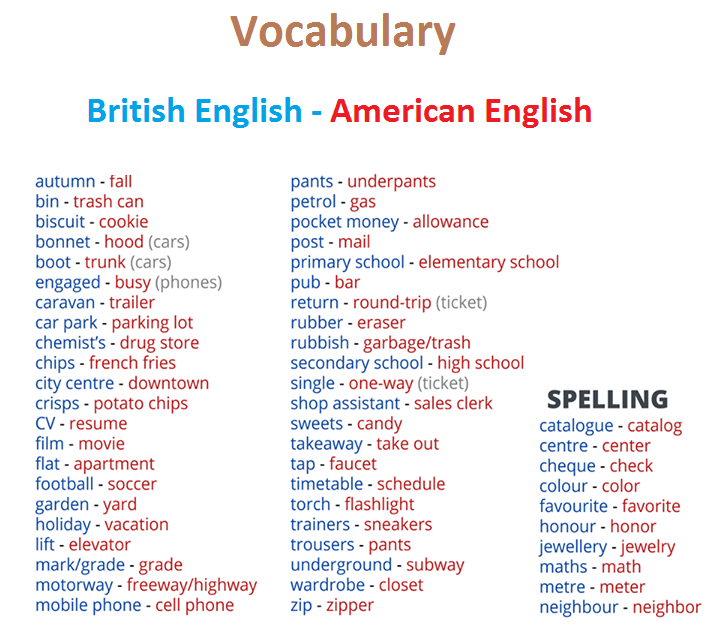 ..
..
(mice).
I will only find the threads
and a snake in the sky ... (start)
Fisherman, like a thing, an elephant with a trunk as a shower,
I was on the hook ... washes the back, washing ... ( ears).
(pike).
Our Sashka is surprised:
- there is a saucer, but where ...
(cup)?
Game techniques
Find "extra word"
Purpose: to develop the ability to highlight a common feature in words, develop attention, fix spellings zhi-shi, cha-cha. chu-shu.
Skiing, sorrel, luck, huts, flower. Siskins, swifts, hedgehogs, a miracle.
Make words using the following syllables.
Svea
Yes, Proobi
RO
TU COUNT
PI
CC
compose and write down sentences from each line.
cat, c. Tishka, lived, Misha, fragrant, meadow, on, grass. Vera, skis, y, new, fluffy, swirled, snowflakes, pears, kids, juicy, ate.
Circle the combinations ZhI, SHI.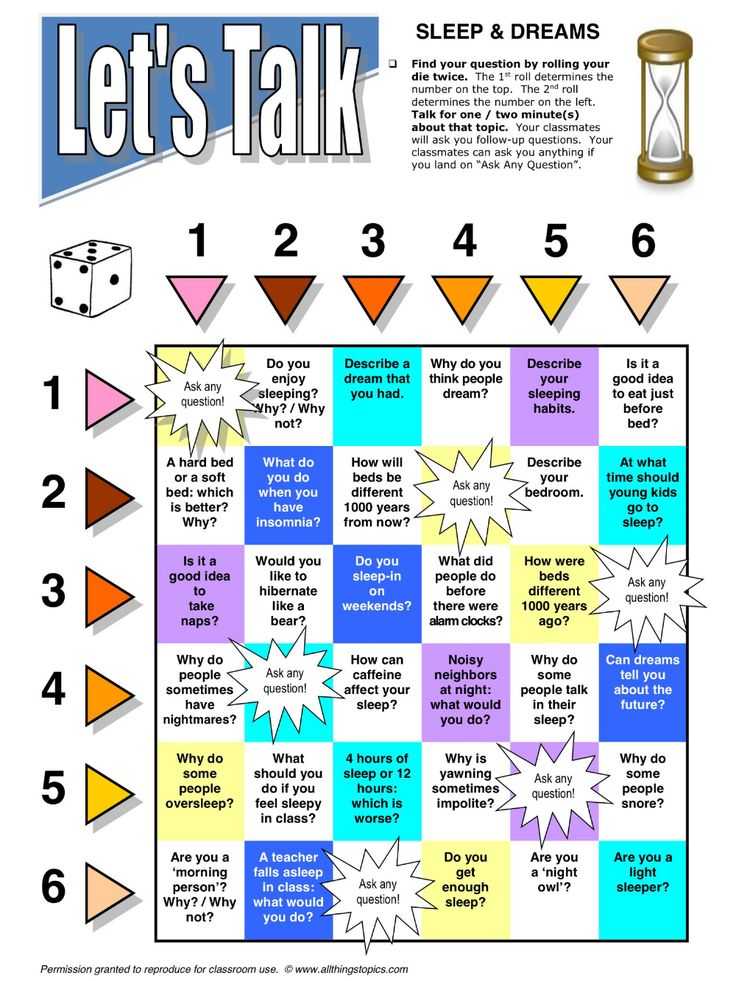
Ironed, dried up, bygone, squashed, lived, extinguished. dry, hut, gutted, disturbed, sewn, alo. drown out, refreshed, whirl, stellate, sewed. ... .
Find combinations of ZhI, SHI.
At Glasha, knight, lather, latitude, folded, sewn, snake, th, devastated, pastries, about a passenger, Minsk, lived, idea, oh. spikes, add up, intimidate.
Insert the letter Y or Y.
Rashozh...mi, wold.,.r, top...by us, w...lki, dosh...thy, w...sound, f...m, sky... faces, foreign ... nnaya, ate ... chase, ears ... tye, p ... ka, shast ... ka, push ... nk, sh ... memory, escape ... those, potatoes. ..n, S...b...r. l. l,..s.,.chka, raid.., those. attacked ... e. perfume, n, well ... dkoy.
Circle the combinations CHA, SCHA.
Wandering, capricious, comparing, often, snarling, aying, answering, for hours, coffee, noticed, you mean, two turbans, head of cabbage, tea, mischievous, sorrel, lightened.
Find combinations of CHA, SCHA.
Flirtatious, wedding, absorb, promised, turned, flirted, side by side, shepherd, coffee, mooing, cheating, “.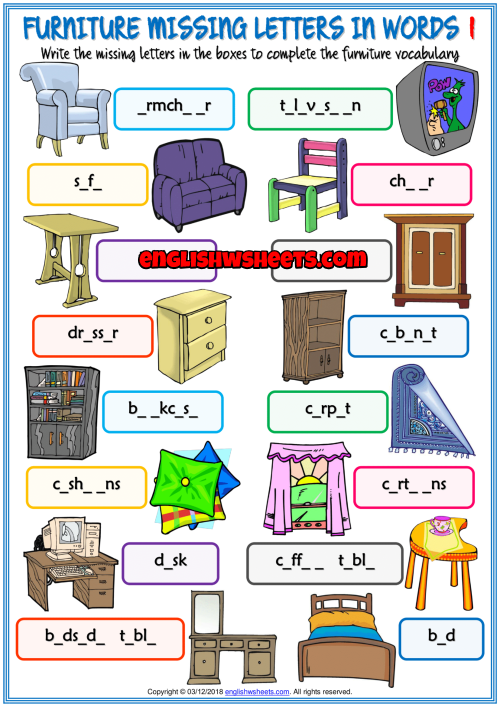 chaala, smelled, keep silent, March, drains, radiates, shyak. teal, hazel grouse.
chaala, smelled, keep silent, March, drains, radiates, shyak. teal, hazel grouse.
Insert the letter A or Z. fashionista...et, ch...shikami, ch...ch. h...stnika, rebuke...la, polish...you. zamych ... whether. horsetail...mi, Luce..., turn on, th...fellowship, swindle, return...get, rush...fly, purr...ni. PL ... SKI, wean ... l, to the chiefs.
Circle the combinations of NC, SC.
Pike, in a stocking, I’ll pay, I’ll sharpen, I’ll sharpen, I’ll connect, I’ll thicken, my mother-in-law, a strong man, I’ll shorten, wonderful, I’ll study, in the plague, a Chukchi woman, about tentacles, closets, sensitive, I’ll gull.
Find combinations of NC, SC.
Tubes, Borisovich, turn on, care, skip, prey, ironing, tubes, growl, felt, daughters, turn on, bow. nurses, a cube, a knife, about hatches, evils, a sum, fell in love, a plot, a sensitive instinct, hefty, Anyuta, eccentric, Chukchi, daughters, butuz, hook, fruity.
Insert the letter Y or Y. thicket ... , l ... kavy, s.dig, Shch ... SHUGO. shch...chku, t...left, gl...hoy, h...smeary, skrrt...chila, cl...you, grumble...well, h...dachim, Ilyich. ... pl...shish, draw..., releasing.... crushed.
, l ... kavy, s.dig, Shch ... SHUGO. shch...chku, t...left, gl...hoy, h...smeary, skrrt...chila, cl...you, grumble...well, h...dachim, Ilyich. ... pl...shish, draw..., releasing.... crushed.
CARD 1.
Write a fairy tale that tells why the letters "Ж" and "Ш" are not friends with the letter "Y", but are friends with the letter "I".
CARD 2.
Compose a fairy tale that tells why the letters "H" and "Sch" are not friends with the letter "I", but are friends with the letter "A".
CARD 3.
Write a fairy tale that tells why the letters "H" and "Sh" are not friends with the letter "Y", but are friends with the letter "U".
CARD 4.
Find and correct the mistakes.
. watch, often, a little, grumbler, looking for, animal. (14 errors)CARD 5.
Read. Write down only those words in which there is a combination of ZhI - SHI. Pick out the spelling.
Rose hips have beautiful flowers.
Wonderful picture, how dear you are to me.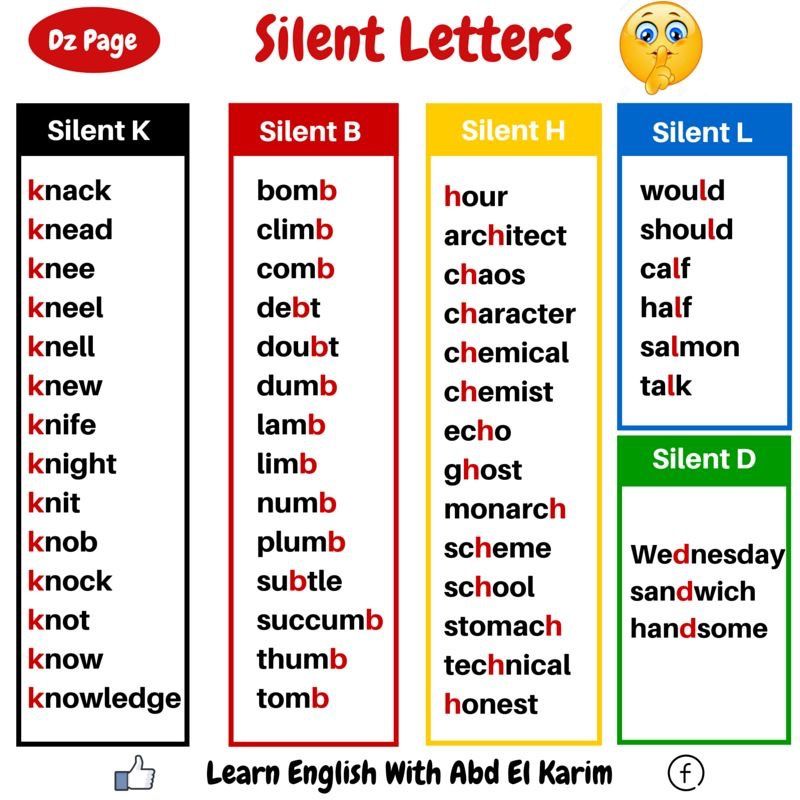
A new vest was made for Grandfather.
The machine has rubber tyres.
Our dog Ryzhik lives with us.
In the evening we drank rosehip tea.
Fluffy snowflakes swirled in the air.
Mice live in a mink.
CARD 6.
Complete the word or answer. Condition - the words must have spellings zhi-shi, chu-shu or cha-scha.
The cat lives on our roof,
And _ _ live in the closet.
***
Will not go without petrol
Neither bus nor _ _ _ .
***
If it leaked from the roof
And the snowdrifts are lower -
So the sun is hot,
Remove _ _ .
***
Streams run through the fields,
On the roads …
Ants will soon come out
After the winter _ _.
***
Spinning in the air
Little star,
Sat and melted
On my palm. (This is _ _ _ )
***
White polka dots
On a green leg. (This is _ _ )
***
A ball, but not fluffy.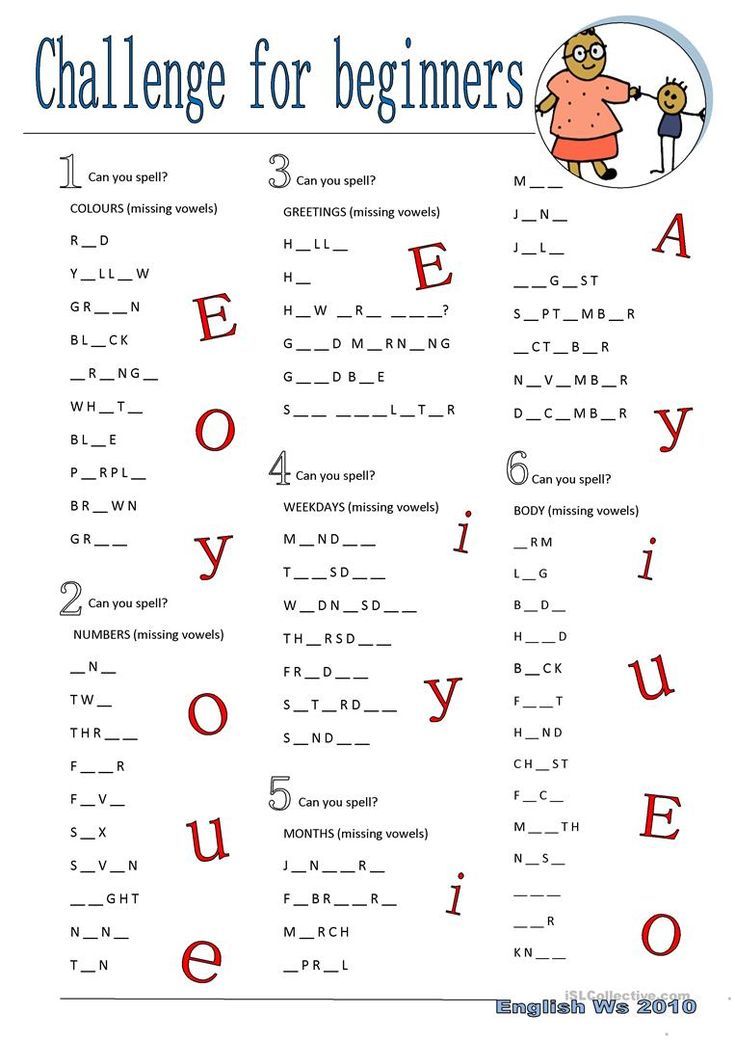
Prickly, yes ruff. (This is _)
***
They go, they run, but they won't leave the place. (This is _ _ )
CARD 7.
Choose the appropriate word with the spelling ZHI - SHI.
Volatile ___. Fragrant ___ . Pungent ___. Prickly ___. Nimble ___ . Colored ___. Dirty ___. Clean ___. Thick ___ . 9CARD 8
Fragrant tea - d______ tea,
spacious streets - w_____________ streets,
fat cat - f______ cat,
shaggy fir trees - n______ ate? CARD 9.
Replace the word with the word opposite in meaning (antonym) with spellings "zhi-shi, cha-cha, chu-shu"
dead - f_____________,
rarely - h____________,
lean (food) - f__________,
talk - m__________,
clean - h_m_________,
talker - m__________,
joy - no__________,
hide_t - seek_______,
end - n_______.
CARD 10.
Write the combinations "zhi-shi, cha-cha, chu-shu" to the left or right to make words.
Zada__, __lok, yes__, ly__, __vet, __na, ho__, i__, ro__, __vel, __raf, __povnik, pi__, __sy, tu__, __do, __ka, __votik.
CARD 11.
Write the words in the plural.
Ear, ski, kid, knife, snake, swift, reed, hut, siskin, lily of the valley, cake, walrus, beach, pear, pencil, stained-glass window, puddle.
CARD 12.
Write actions for objects that have the spelling "zhi-shi, cha-cha, chu-shu" woodpeckers - st ________, horses mch_t. CARD 13
A gum bush grew in the forest. It bloomed with _____ bright colors. It was _____. Good __ dusty roses! Masha began to pick roses. And there __py. Ma__ has a splinter. Gotta go to the doctor.
Grove.
Oak rose across the river. We __ take a walk in the grove. They sing loudly chi__. The lands are blooming. How dusty they are! Take care of these __ gum flowers. Don't tear them.
Pike.
__ is blowing in the pond __ka. Er__ and bream swim there. Fish hide from __ki. But __ is cunning.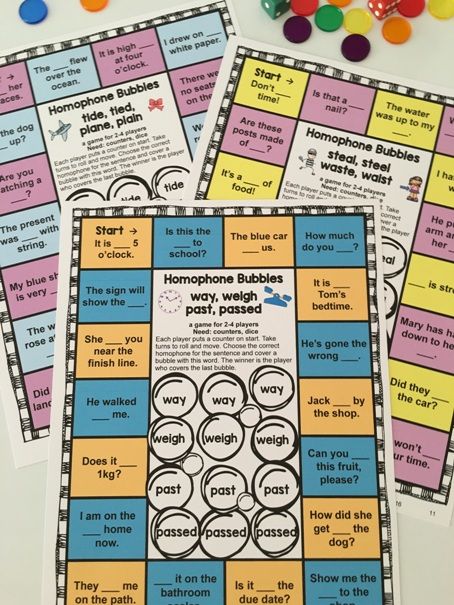 She guards her prey. __ka is a cunning fish.
She guards her prey. __ka is a cunning fish.
Woodpeckers.
It's freezing cold. Silence in the forest. Only woodpeckers walk on trunks. They __t pi__ under the bark. Woodpeckers love to peck __ shki. There they __t tasty seeds.
CARD 14.
Write down, underline the spellings "zhi-shi, cha-cha, chu-shu"
Hedgehogs and snakes lived in a living corner.
Masha and Misha had mice in their closet.
Ilyich is lucky, he has a car and a dacha.
The rooks squeak at the rook.
The doctor's candle is hot.
Theme of the lesson: SPELLING OF VOFES AFTER SIZING (zhi-shi, cha-cha, chu-shu)
Purpose of the lesson:
Educational:
generalization and repetition of the topic;
development of spelling and self-control skills;
Improving writing skills.
Educational:
instilling in children a love for literary creativity
Developing:
expanding students' vocabulary, getting to know new words;
development of speech, thinking, cognitive interests, intellect and emotions.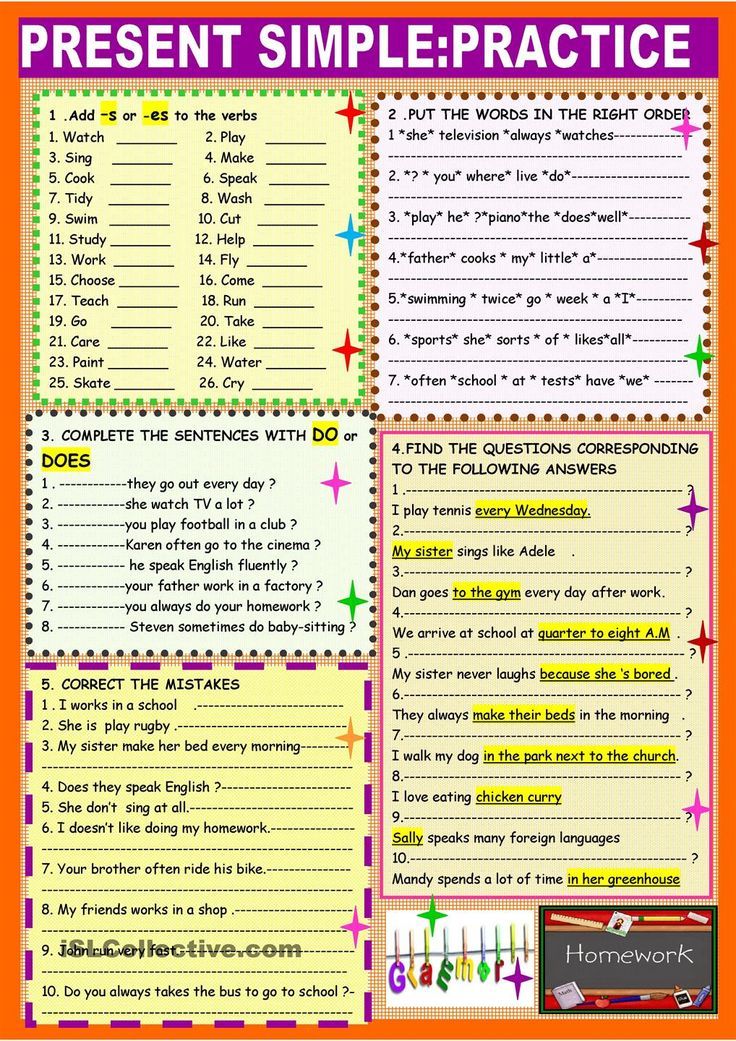
Lesson type:
1. Systematization and generalization of knowledge
2. Lesson structure:
3. Combined lesson.
Lesson progress.
1) Org. moment.
| Keep your mouth shut, guys. | Guess our fairy tale. |
Beyond the mountains, beyond the forests,
Beyond the wide seas,
In their wonderful house
Gnomes live in seven.
I settled with them.
Come on, open your eyes!
Snow White appears.
- I'm glad to welcome you to fairyland. Guys, what's her name, who knows? (Snow White).
-What fairy tale is she from? ("Snow White and the Seven Dwarfs").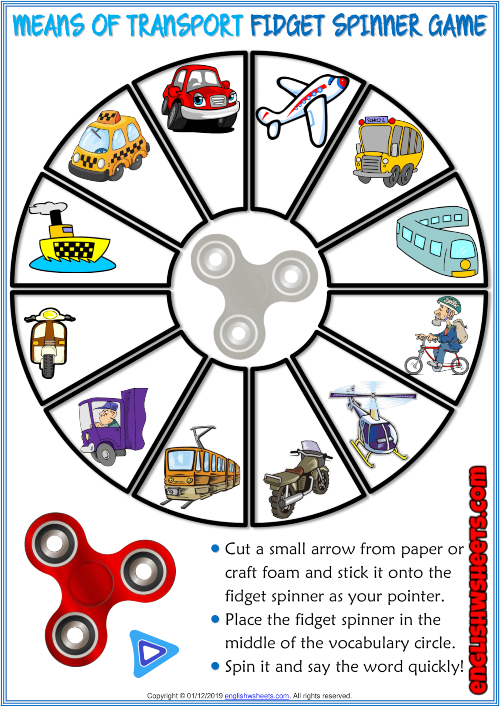
2) Setting the goal and objectives of the lesson.
You guessed me,
You are right, Snow White, I am.
I live with my gnomes,
My gnomes are naughty,
They want to play.
Never met them,
So many smart guys!
- Guys, let's play with the gnomes?
-Then we go to the 1st dwarf. And his name is Pishichitay. He offers us his task.
(Writing on the blackboard: zha and w h y and y)
- What two groups can these letters be divided into?
-Orally compose all possible syllables (zhi, shi, cha, shcha, chu, shu)
-What do you think we will work on today? (To fix the spelling of the combinations zhi, shi, cha, shcha, chu, shu.)
3) Vocabulary work.
- Guys, here is the dwarf Talker. He talks too much, so listen carefully to the task that he will offer.
- Guess the riddles and write down the words:
1. Drinks gasoline like milk,
Can run far.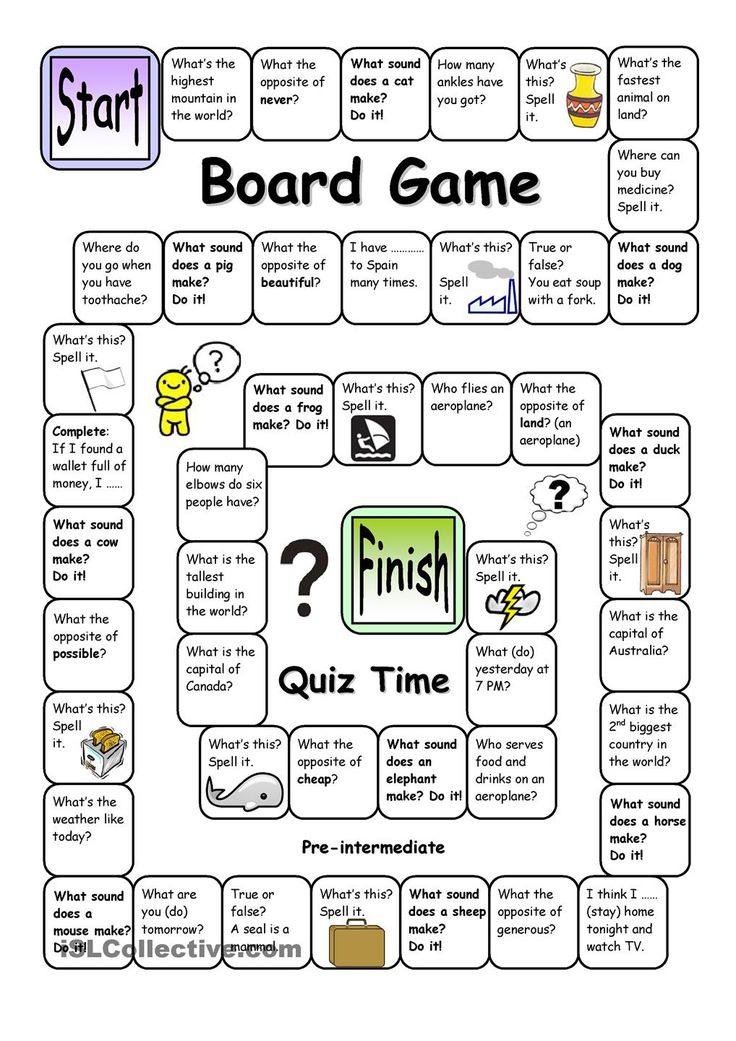
Carrying goods and people,
You know her, of course. (Machine)
2. Guess the riddle: who are we?
On a clear day we sit at home.
It's raining - we have a job:
Stomp, spank in the swamps. (Galoshes)
3. How light she is,
Lighter than the wings of a moth.
If you drop it, it will return again,
If you blow it, it will be carried away. (Fluff)
4. He walks with his head up,
Not because he is an important count,
Not because he has a proud disposition,
But because he ... (Giraffe)
5. What kind of stars are through
On a coat and on a scarf?
All through, cut-out,
And you take it - water in your hand. (Snowflake)
-What spellings are contained in the words?
Well done, you all did a great job. Let's go further.
4) And here is Bukvozhka and Curiosity
Guys, everyone was picking mushrooms in the forest. Sentences are written on the board, spellings are closed in them with “flashlights”.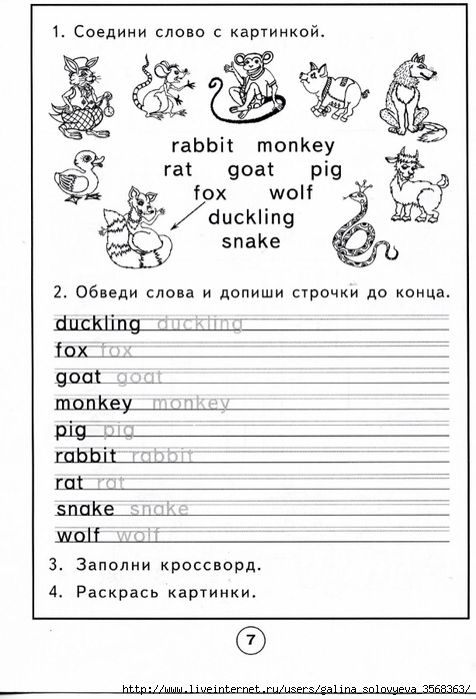
There are mushrooms in the wilderness.
I came to look for them, don't hurry.
We look carefully, like mushroom pickers. They wrote down the first sentence, found and underlined all the spellings they encountered.
Name all spellings, all difficult spellings.
Now we will write the second sentence. Pay attention to the verb do not rush.
Children answer:
- “Write separately without the verb!”
- “Shi write with and”.
- "Unstressed e, check the haste."
Guys, let's remember the rule about an unstressed vowel in the root:
If the letter of the vowel is in doubt,
You immediately put it under stress.
Children write sentences in a notebook.
Physical education minute.
I see you are very tired.
I'll call Veselchak.
He will spend a physical minute
Everyone will like it.
- I will now name the words.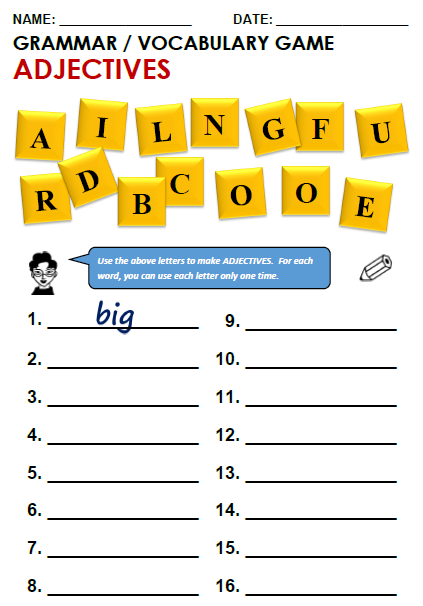 You squat when you hear a soft consonant in a word.
You squat when you hear a soft consonant in a word.
Words: table, pears, day, air, summer, color, snakes, puddles, ball, roof.
5) Help Tikhon.
Who is sitting in the corner?
Is he saying something quietly?
- Yes, this is the dwarf Tikhonya. Can't he remember the names of the cubs?
Wolf -
Hare -
Jackdaw -
Rabbit -
Gnome Repeater.
-Oh, how hot, I'm thirsty. And here is the magic well. And the gnome Repeater is waiting for us here. Let's ask him if you can drink from it?
Choose a bucket for yourself.
Place it in the window.
If placed correctly,
You can drink from the well.
Ski grove
w_raf
mouse h_to
tea bag
-Write these words by inserting the missing letters. Why do you need to remember the vowel in these combinations?
Verification
Total.
-So our journey has come to an end. I thank you all.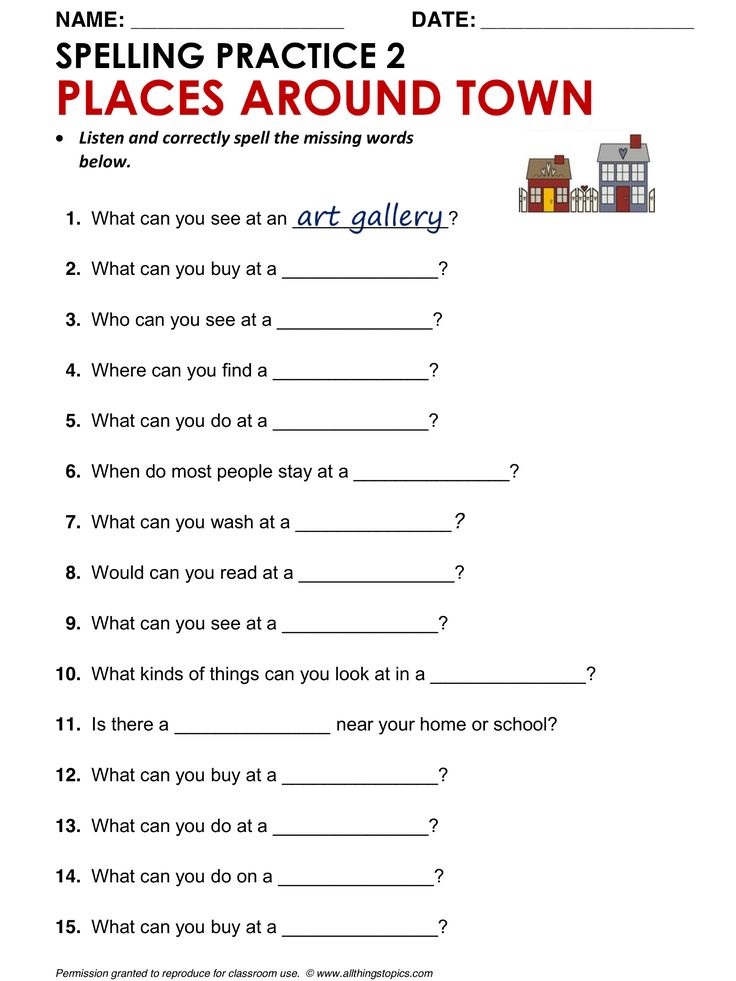 I really liked the way you worked, answered, wrote. You coped with all the tasks that the dwarves offered you. But in order to better remember the rule for writing words with combinations of zhi - shi, cha - cha, chu - shu, let's read these verses:
I really liked the way you worked, answered, wrote. You coped with all the tasks that the dwarves offered you. But in order to better remember the rule for writing words with combinations of zhi - shi, cha - cha, chu - shu, let's read these verses:
In combination Zhi - shi
Always and always write!
The reeds rustled:
“Only write those shi!”
The hedgehogs answered them:
“Only write to me!”
The Miracle – Pike strikes with its fin:
“Letter U is needed! And well - ka!
And the forest thicket rustles:
“Look more often as a rule,
There are magic words:
Write CHA and SCHA with A!”
- Did you enjoy your trip?
Closing eyes again,
We are flying away from a fairy tale.
1, 2, 3, 4, 5 we will return to the class again.
Summary of the lesson.
45 games and game exercises in the Russian language lessons to develop and correct the attention of 2nd grade students with mental retardation
Sections: Russian language, Primary school, Correctional pedagogy, Inclusive education
EXPLANATORY NOTE
Attention occupies a special place among mental phenomena, acting as an integral part of cognition, feelings and will. It plays a significant role in the regulation of intellectual activity, allowing you to concentrate and direct the consciousness of a student at a given moment of time on some real or ideal object - an object, phenomenon, event, image, thought, etc.
Primary schoolchildren aged 8-9 with mental retardation (MPD) have unstable attention. This instability manifests itself in different ways. In some children, at the beginning of the task, there is maximum concentration for them, which steadily decreases as the activity continues, and the student begins to make mistakes or completely stops performing the task. For others, the greatest concentration of attention occurs after a certain period of performing specified actions, and then gradually decreases.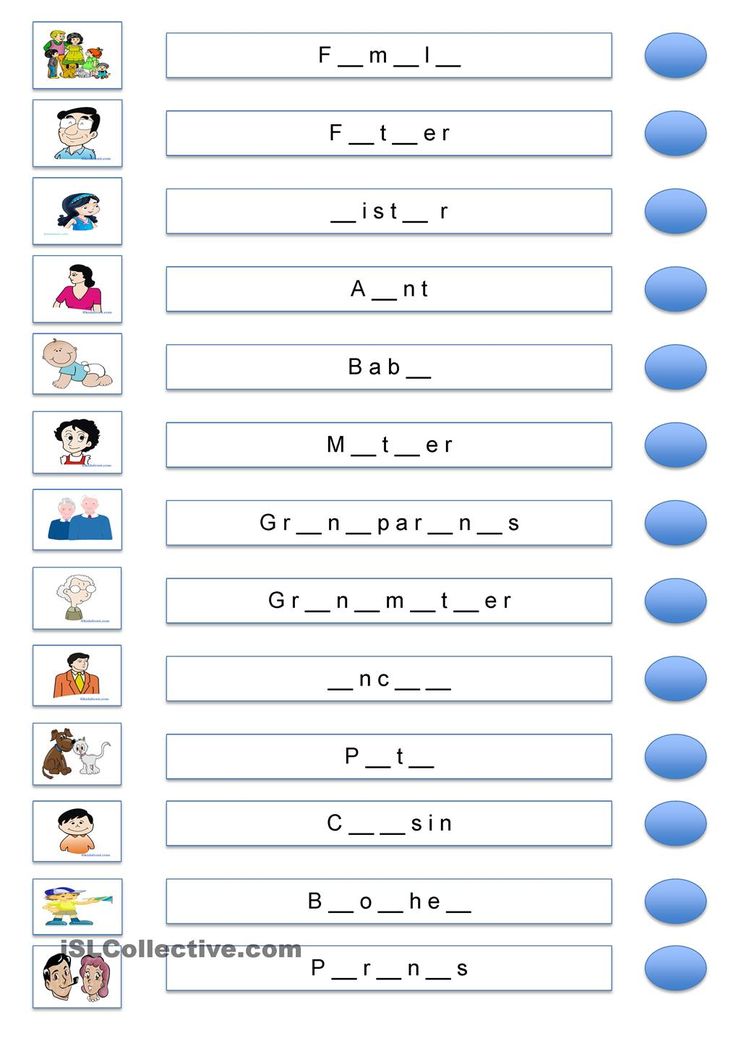 There are children who have periodic fluctuations in attention. The possibilities of volitional regulation of attention, control of it in children above this category are limited.
There are children who have periodic fluctuations in attention. The possibilities of volitional regulation of attention, control of it in children above this category are limited.
The variability of deviations in the development of junior schoolchildren with mental retardation has a wide range: children of the same age are at different stages of development of speech, sensory-perceptual and mental activity, they have spatiotemporal representations formed to varying degrees, they have a different stock of knowledge about the environment the world.
The listed developmental deficiencies are successfully compensated with directed and systematic work on educational material under the guidance and with the help of an adult.
Of great importance for the correction and development of voluntary attention at primary school age for students with mental retardation is the game, on which the teacher must rely as the leading activity of the child with mental retardation, but saturate the game with didactic rules so that the child needs mental stress.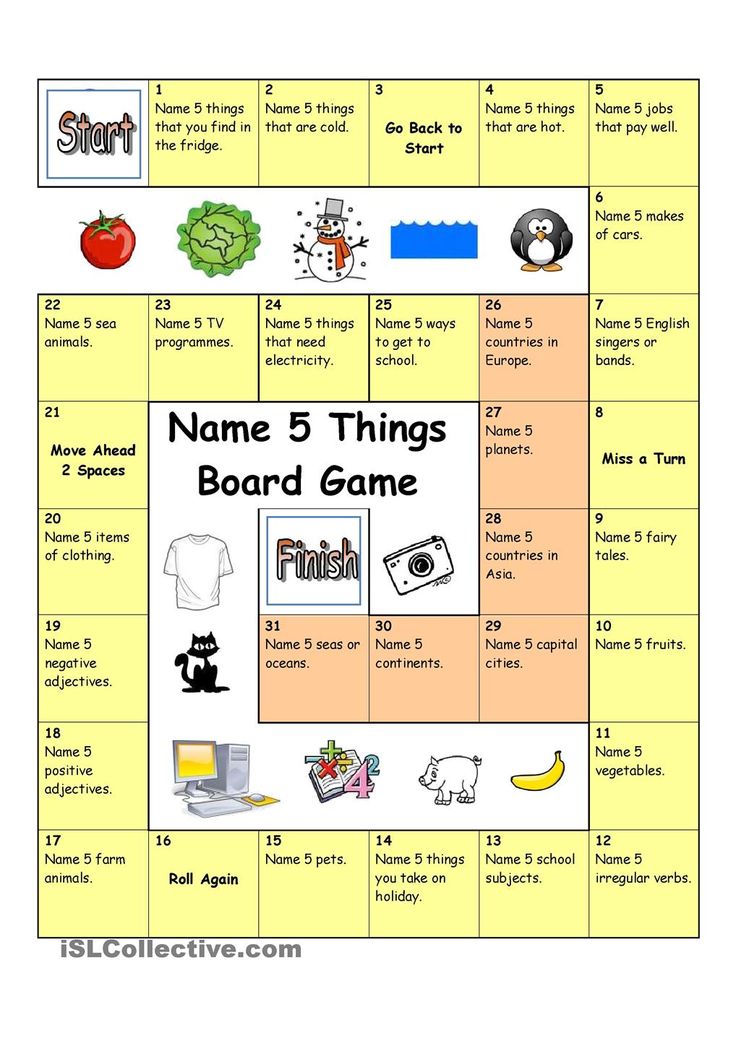 In turn, didactic games have a task, rules, actions and require concentration. In order to develop in students certain qualities of attention (purposefulness, stability, concentration) and the ability to manage them, we have developed game exercises based on the program content in the Russian language for students with second-grade mental retardation.
In turn, didactic games have a task, rules, actions and require concentration. In order to develop in students certain qualities of attention (purposefulness, stability, concentration) and the ability to manage them, we have developed game exercises based on the program content in the Russian language for students with second-grade mental retardation.
When developing games and game exercises, we used the methodological recommendations for the development of attention by A.A. Osipova, L.N. Blinova, for the organization of assistance to a poorly performing student N.P. Lokalova, for teaching the Russian language to younger students with mental retardation С .G.Shevchenko.
For convenient use in work, games and game exercises were distributed by us according to the studied content lines of the subject area "Russian language": "Language system" (phonetics and graphics, morphemic, morphology, syntax), "Spelling and punctuation" and "Speech development ".
The developed set of games and game exercises is aimed at providing timely psychological and pedagogical assistance to children with mental retardation and is designed to develop attention and improve the quality of mastering the content of educational material in the Russian language lessons and correctional and developmental classes for students with mental retardation 8-9 years.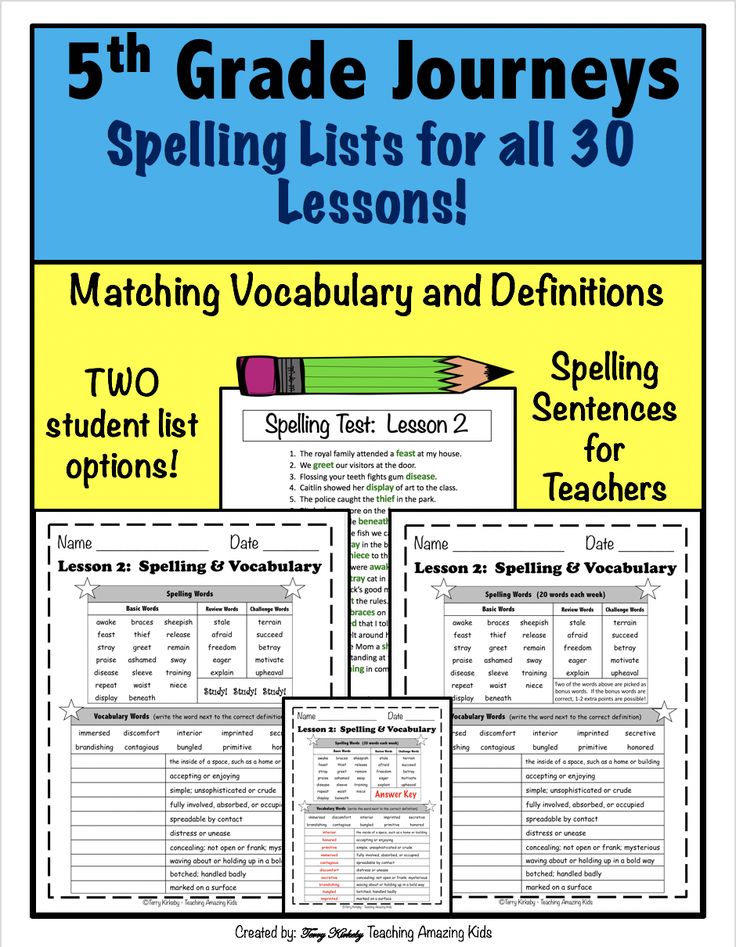
Practical significance: the materials of this work can be used by elementary school teachers, psychologists, speech pathologists to work with children of primary school age to develop their attention properties and improve the quality of teaching in the Russian language.
Games for studying the section "Phonetics and graphics"
The child is offered a table with 10 rows of 10 letters each with letters and a suggestion to cross out all the vowels in 3 minutes.
Variants of the game:
- cross out only consonants;
- strike out letters that show only voiceless or voiced consonants;
- cross out the vowels that indicate the softness or hardness of the consonant;
- Cross out consonants that show only soft or hard consonants.
Making the game more difficult. Underline the vowels that show the softness of the consonant, strike out the vowels that show the hardness of the consonant.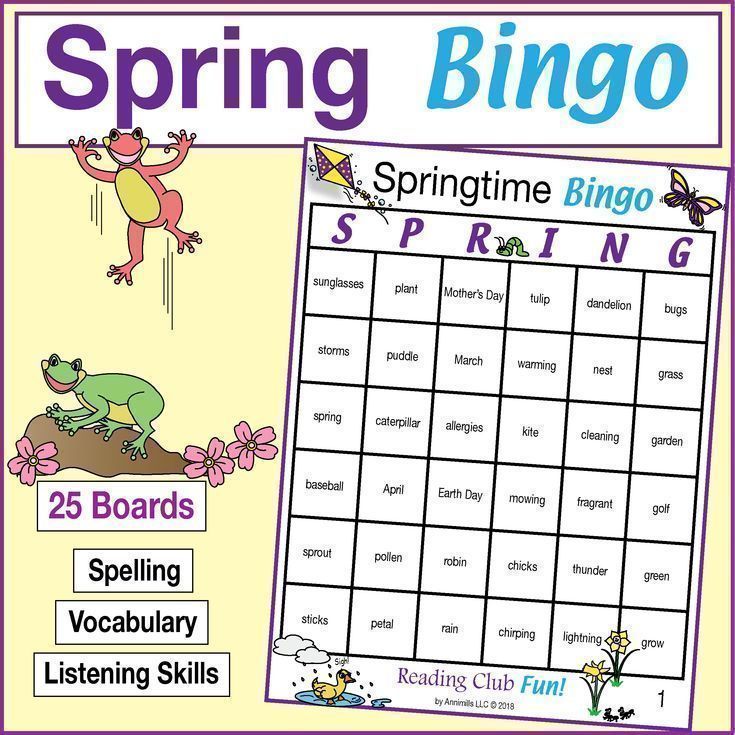
Recommendations. The game should be played regularly, achieving an increasingly accurate search for the desired letters and reducing their omissions. Record the results in the student's individual achievement notebook so that he can see the progress of his work. (It is possible to use various signs, stickers, symbols, etc.)
2. The game "Disorder in the alphabet"
Purpose: development of volume, stability of attention, repetition of names and order of letters of the alphabet.
Equipment: 4 tables, 6 rows each, 6 cells in each row, where letters from A to Z are randomly scattered in each cell, a stopwatch and a pointer.
Instructions: must be found as quickly as possible and pointed with a pointer to all the letters in order.
Recommendations. You can start working with one or two tables, gradually increasing the number of tables, bringing the work with 4 tables at once.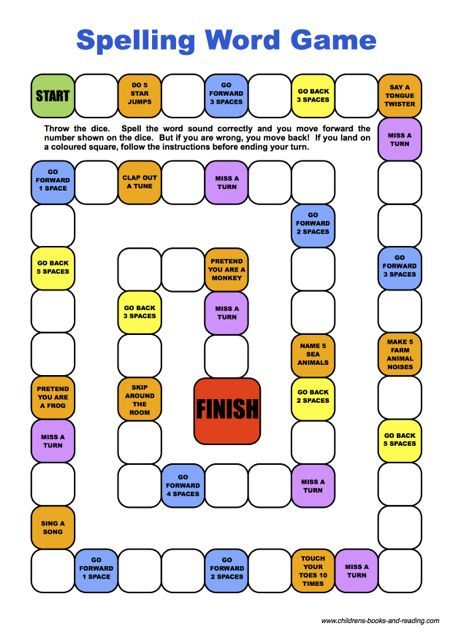
Game options:
- find all vowels or consonants in alphabetical order;
- find all letters of voiced or voiceless consonants in alphabetical order.
Making the game more difficult. Find all the letters from Z to A.
3. The game "Reverse Counting"
Purpose: development of stability, distribution and switching of attention, repetition of the order of the letters of the alphabet.
Equipment: table with 11 rows of 6 cells with letters of the alphabet and random numbers from 1 to 33, pointer and stopwatch.
Manual. A two-color table is placed vertically on the table in front of the student, a pointer is given and instructions are given: “There are 33 letters from A to Z and 33 numbers from 1 to 33 on the table. It is necessary to show and name the letters in alphabetical order, and the numbers in descending order from 33 to 1.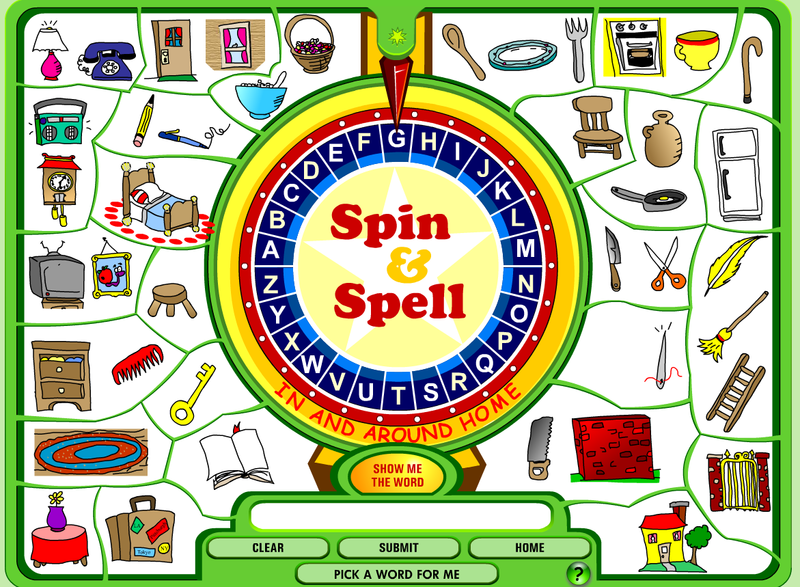 It is necessary to count alternately: first, call the letter, then the number, until the count is over.
It is necessary to count alternately: first, call the letter, then the number, until the count is over.
4. Riddle Game
Goal: development of stability, distribution and switching of attention, repetition of dividing words into syllables.
Manual. Read the riddle by syllables in ascending order of numbers. Write an answer.
(Correct answer. This horse does not eat oats, instead of legs there are two wheels. Sit on horseback and rush on it, only better steer. (Bicycle)
Recommendations. You can encrypt any riddle in a similar way03.
5. Game "Secret letter"
Purpose: development of stability, distribution and switching of attention, repetition of the rules for writing a sentence.
Manual. Decipher the Russian folk proverb. Each letter corresponds to a certain sign.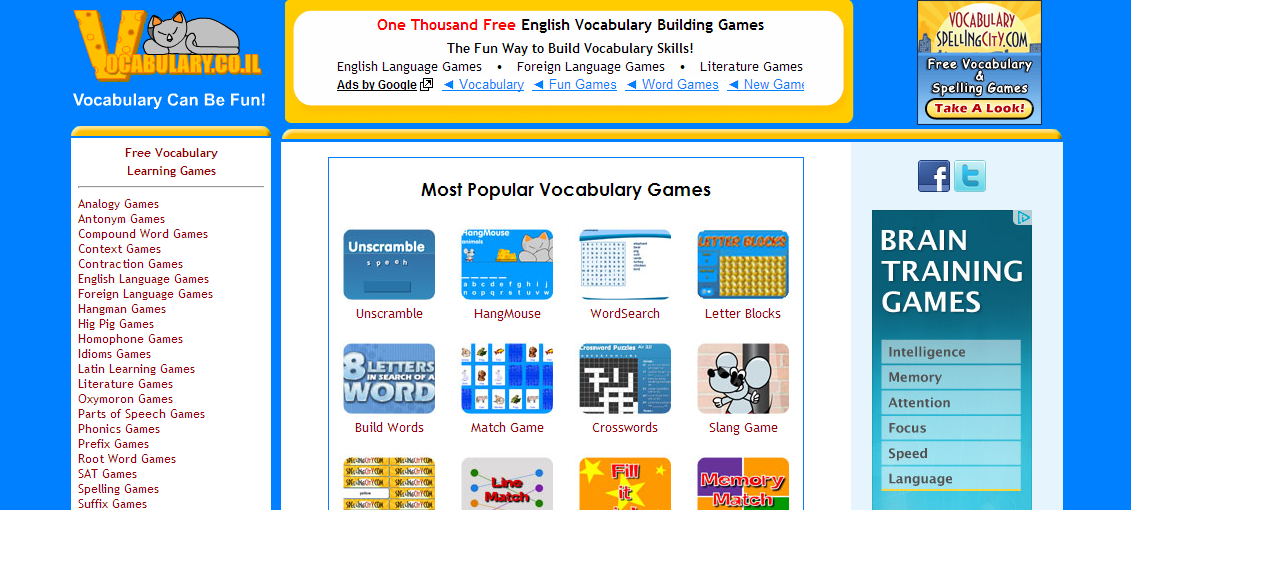
( Correct answer. There is no boredom when hands are busy.)
distinguish between letter substitutions and word meanings.
Manual. The student is invited to read the poem, find out which sound is lost and correct the mistake.
7. Typesetting game
Purpose: development of sensory (visual attention), concentration, the ability to compose words according to a given instruction.
Equipment: syllabary table, which lists all variants of syllables with consonants and vowels.
Manual. The teacher leads the pointer on the table, showing the sequence of reading the syllables, the student follows the movement of the pointer with his eyes and silently reads the word. At the request of the teacher: “Name the word,” the student names the resulting word.
Making the game more difficult.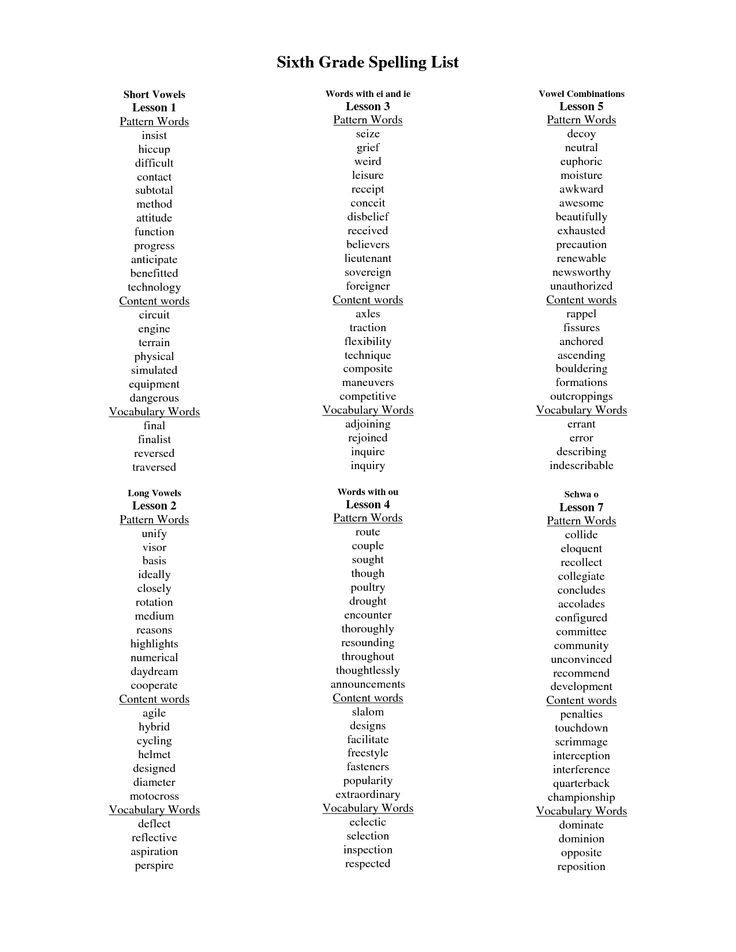 You can show a whole sentence of syllables for reading to a student.
You can show a whole sentence of syllables for reading to a student.
8. The game "Forbidden Sound"
Purpose: development of sensory (auditory attention), concentration of attention, the ability to isolate sounds in words.
Manual. The teacher names different words, the student listens carefully, but as soon as a certain sound sounds in the word, for example [b], the student needs to clap his hands. For example, pillar, cook, bagel, plank, jar, hoop, folder, headstock, plinth, pancake, plan, banana , etc.
voluntary attention, concentration, stability of attention, the ability to work according to instructions.
Manual. The student needs to choose and underline those letter combinations and words that are written to the line.
10. The game "Read according to the rule"
Purpose: development of concentration, distribution, randomness of attention, ability to keep instructions, repetition of vowels and consonants sounds and letters.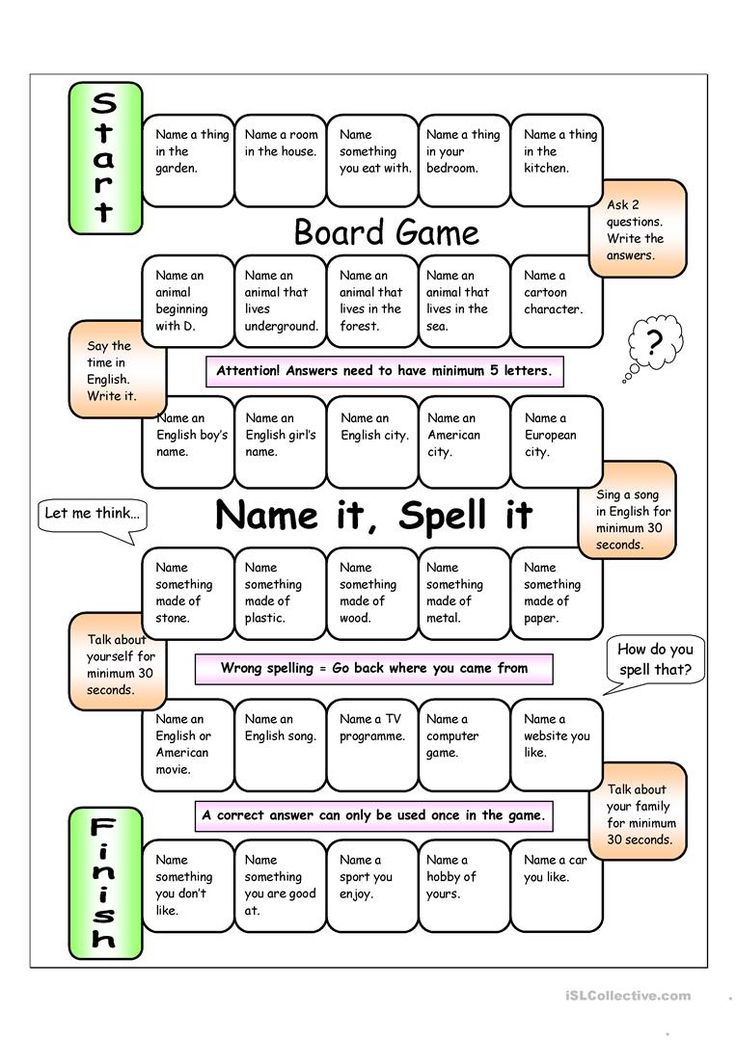
Equipment: text for primary school age.
Manual. Read the text aloud, naming only those words that begin with a certain letter (for example, with any vowel or consonant, or with the letter of a voiceless or voiced consonant, or with the letter of a double consonant according to voiced-deafness, etc.).
Game variant: offer to read the text, skipping every second word.
11. The game "Cipher"
Purpose: development of voluntary attention, memory, consolidation of knowledge of the alphabet.
Manual. Decipher the proverb using the knowledge of the order of the letters in the alphabet. Write it down. If the student experiences difficulties, then he needs to be offered a table with the alphabet.
(Correct answer. Politeness cannot be bought at the market.)
Game variation: Invite the student to encrypt any words himself.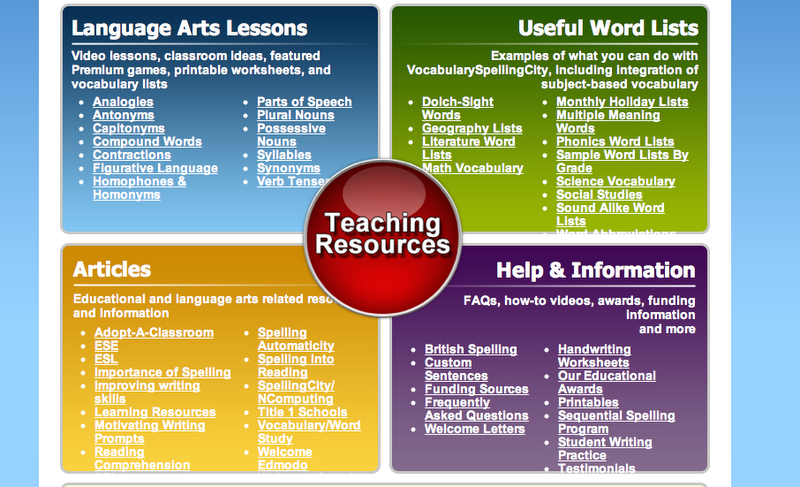
12. Game "Grammatic Mathematics"
Purpose: development of observation, voluntary attention, concentration, ability to compose words according to instructions.
Manual. Write words using math signs.
13. Game "Decipher the name of the hero"
Purpose: development of volume, concentration, arbitrariness of attention, repetition of the spelling rules for proper nouns.
Manual. Write out from each line only those letters that do not repeat.
( Correct answer. Ugly duckling)
Recommendations: so you can encrypt the name of any hero or a whole sentence (message from the hero).
14. Vocabulary game
Purpose: development of the amount of attention, concentration, fixing the spelling rules of dictionary words.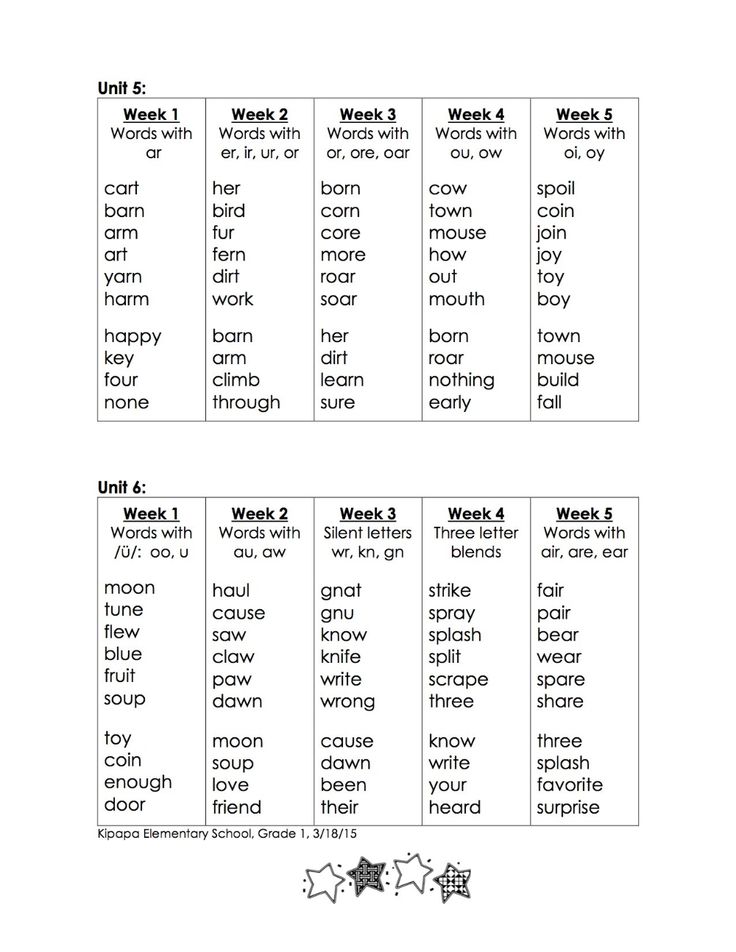
Manual. Underline every seventh letter, counting from left to right, moving from one row to another. Make up a word from the underlined letters. Write it down. Make up a sentence with the given vocabulary word.
(Correct answer. Word watermelon. )
0734
Purpose: to develop concentration, voluntary attention, thinking, memory, expand vocabulary, develop self-control skills when writing vocabulary words.
Equipment: card with encrypted dictionary words.
Manual. Option 1. Write out in turn only green letters first, then blue and black. Collect from the letters of each color words. Make up sentences from the resulting words. Put stress on the words.
Option 2. Find and write down the word according to the plan.
( Correct answers: 1 pic. - hare, birch, dog; 2 pic. - month)
, thinking, expand vocabulary.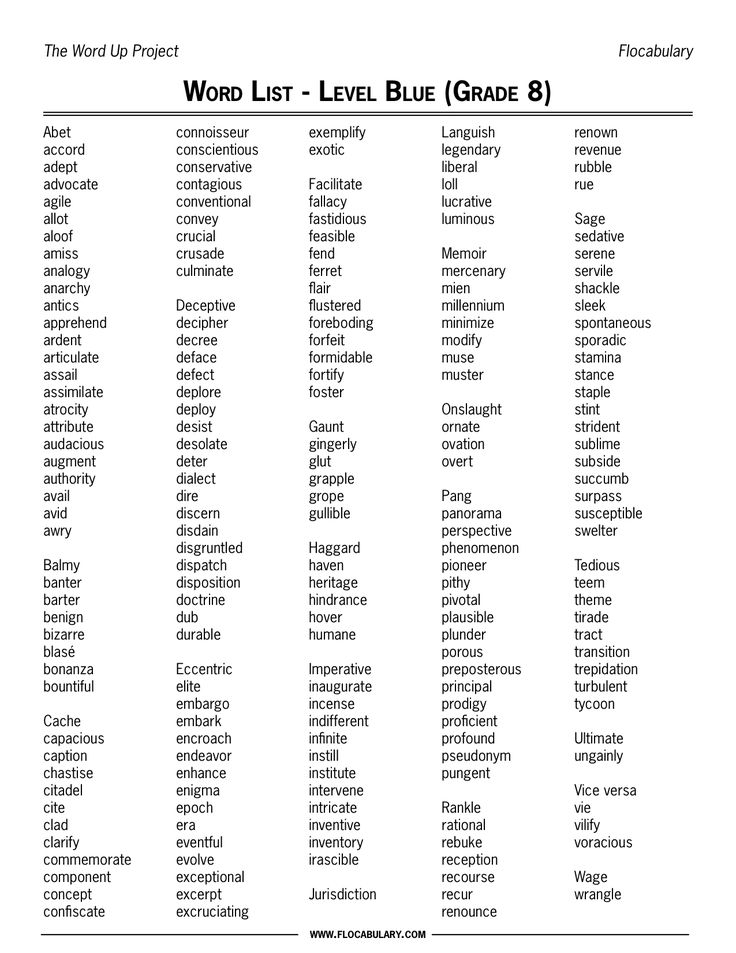
Learn more

